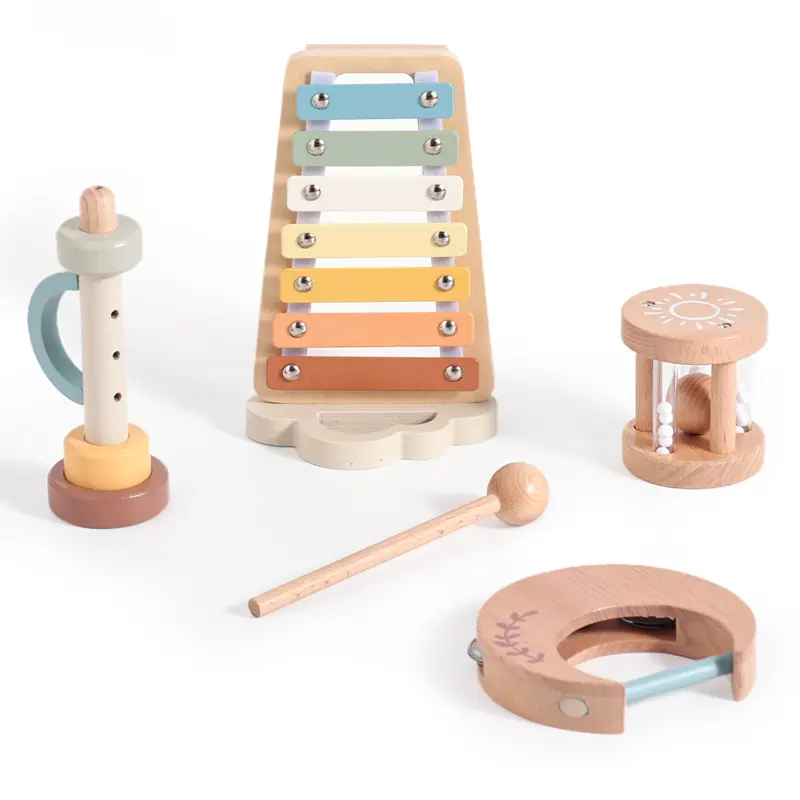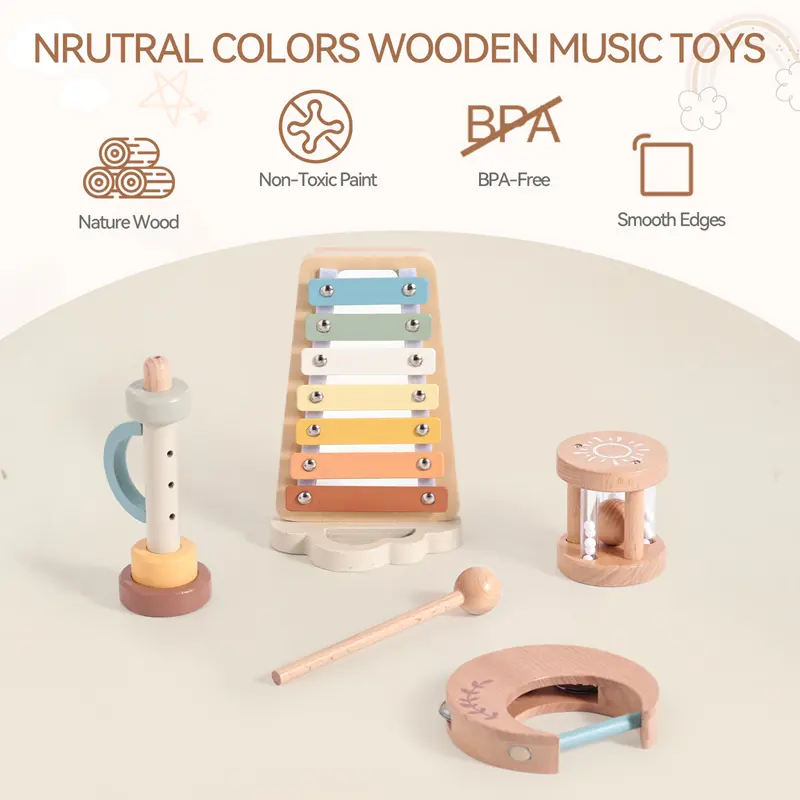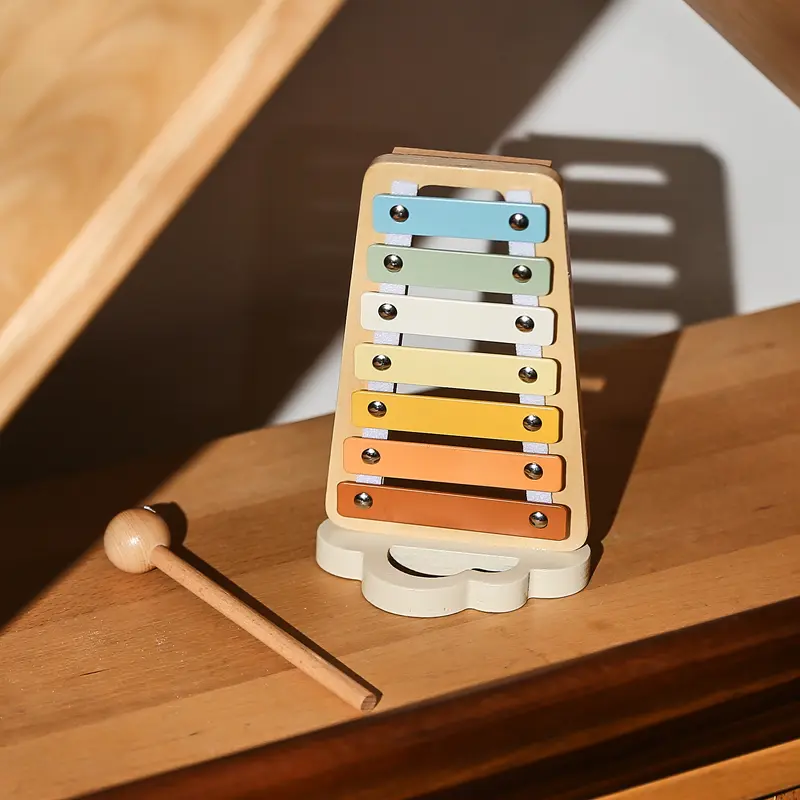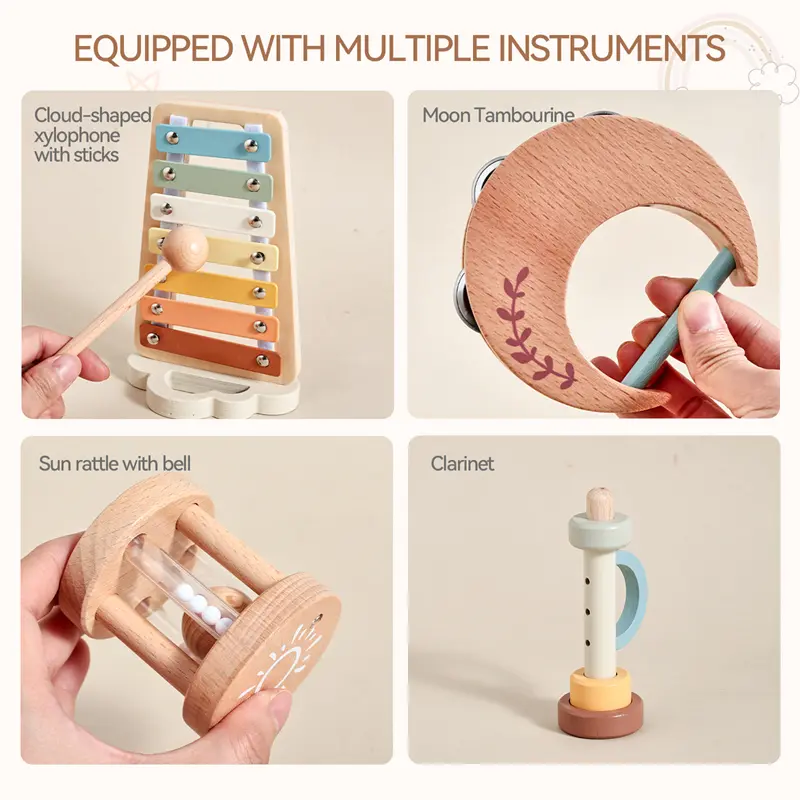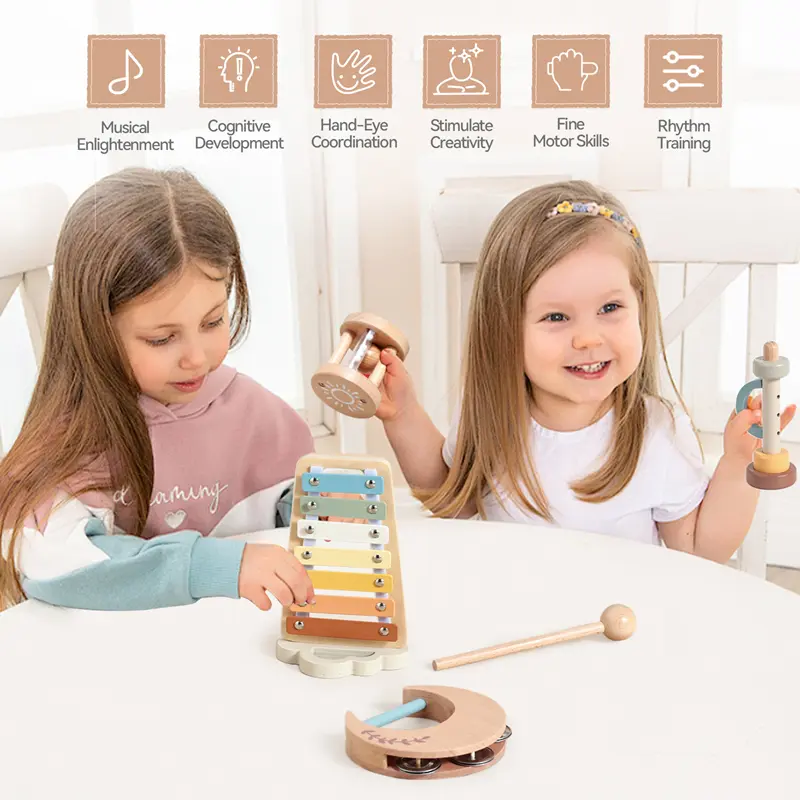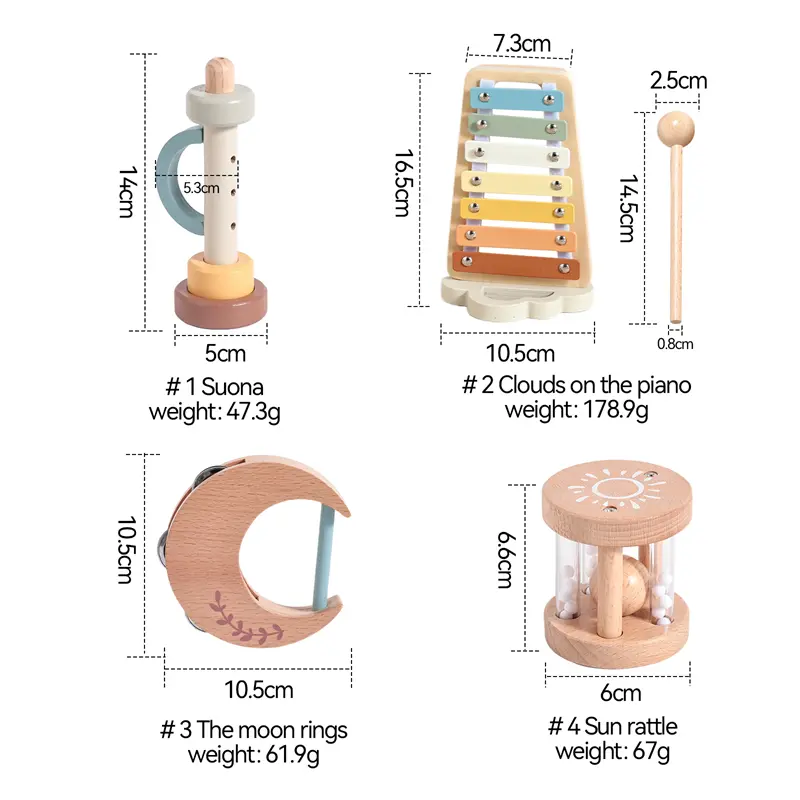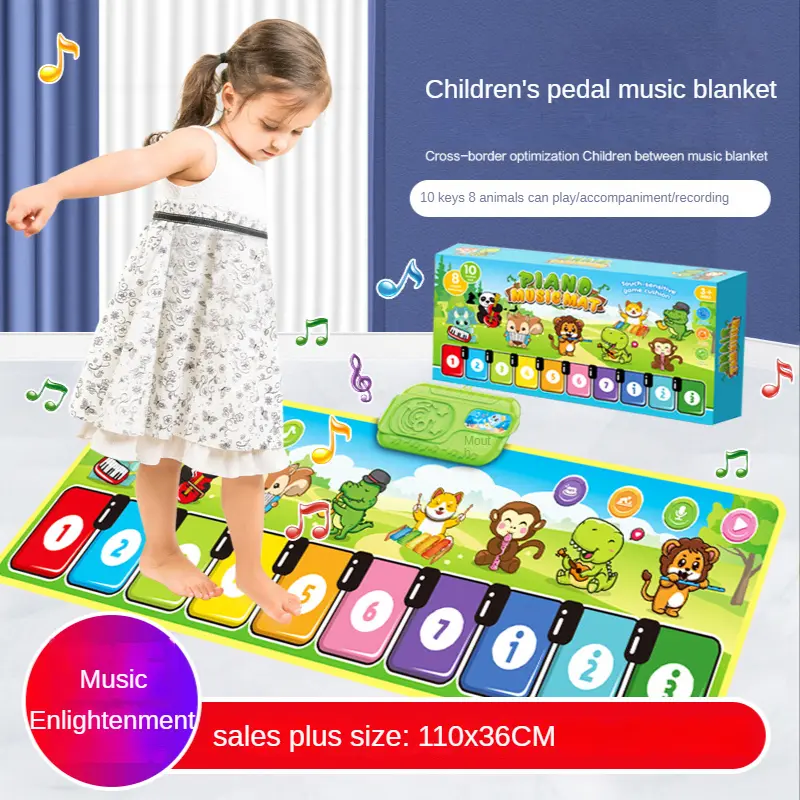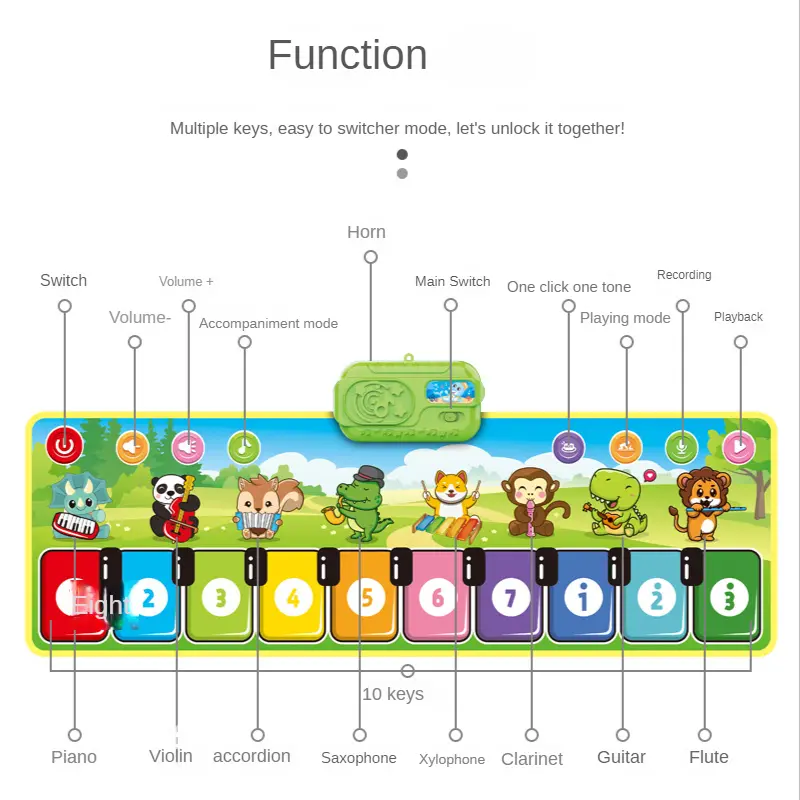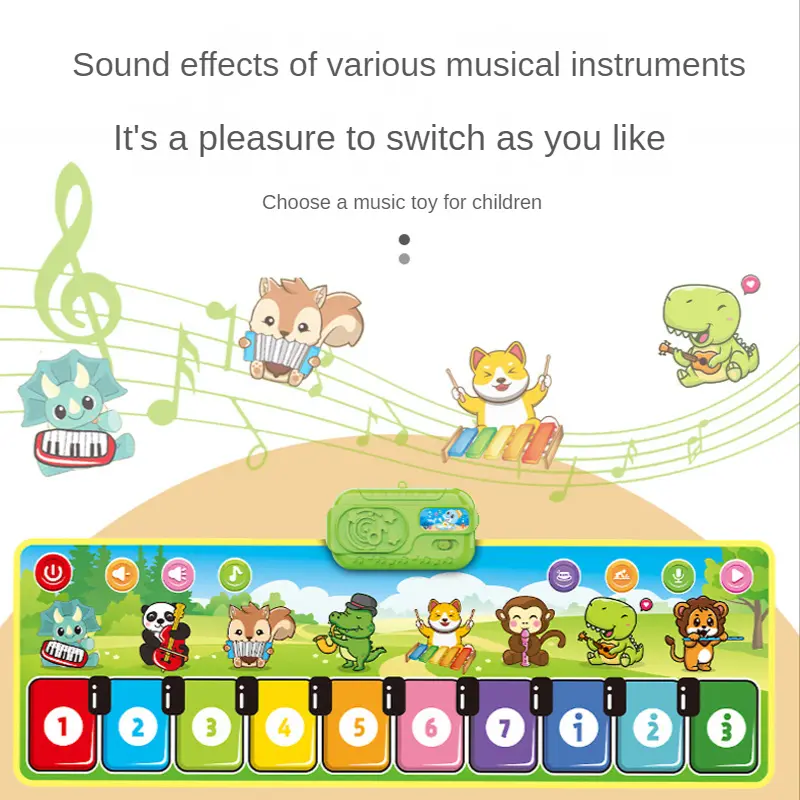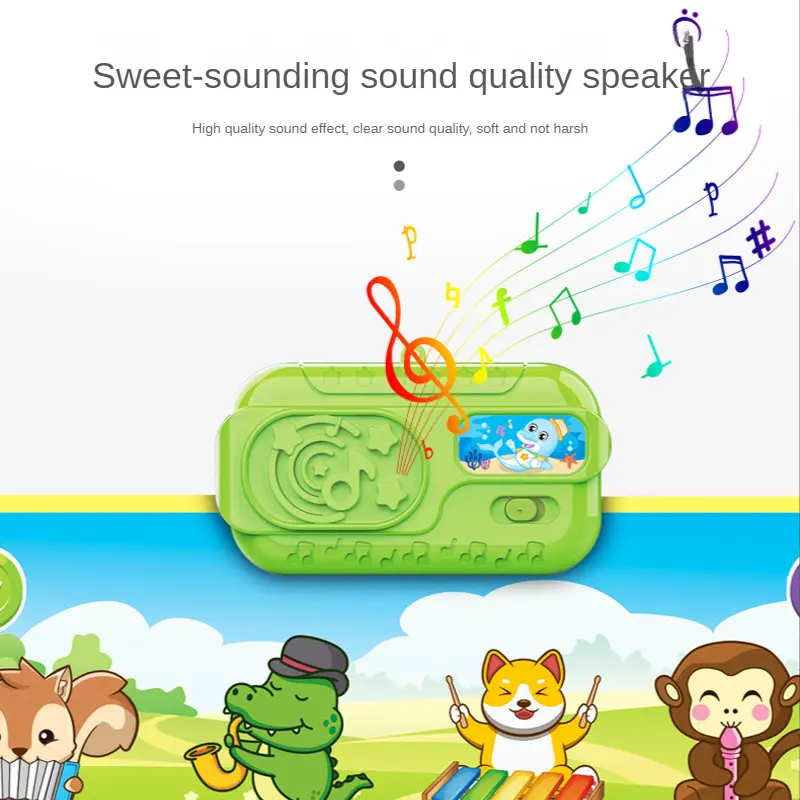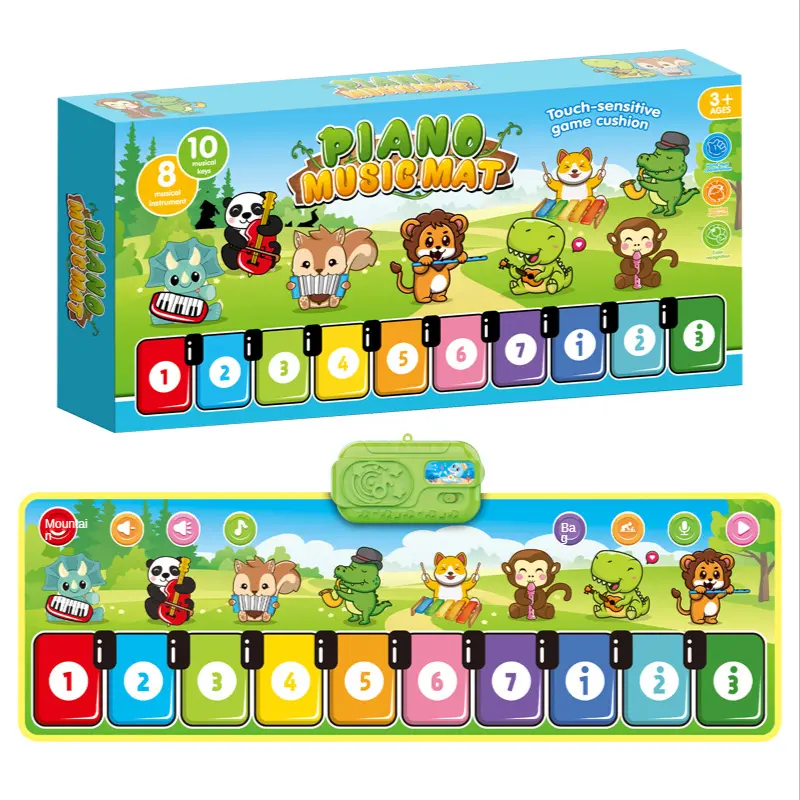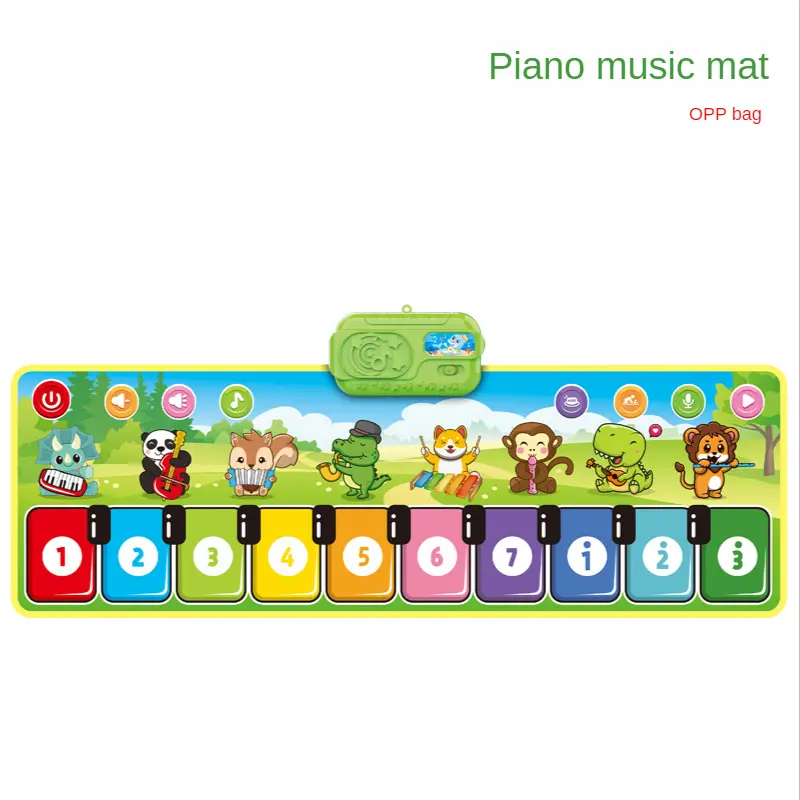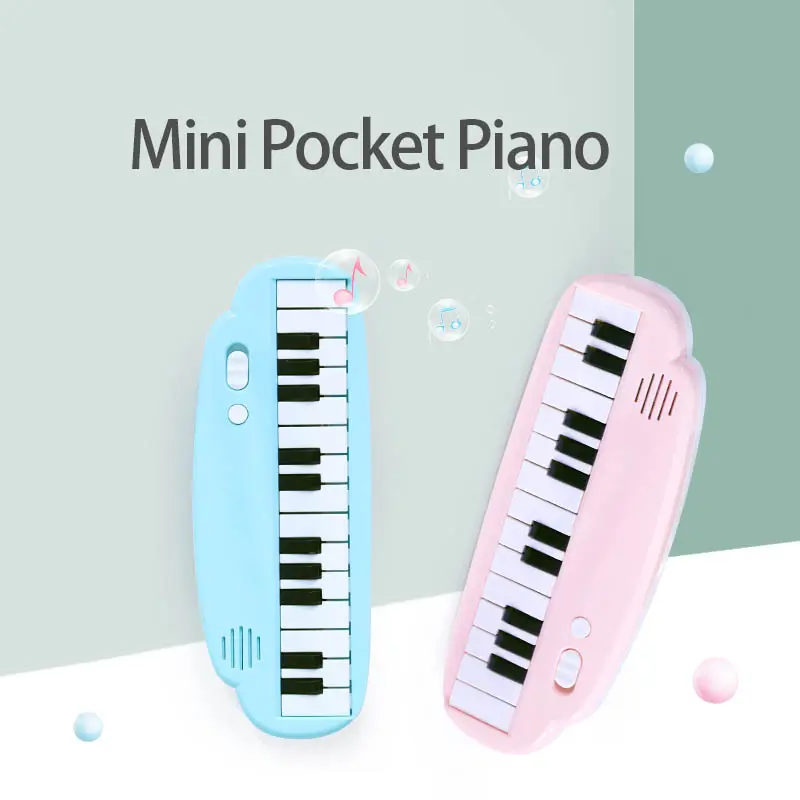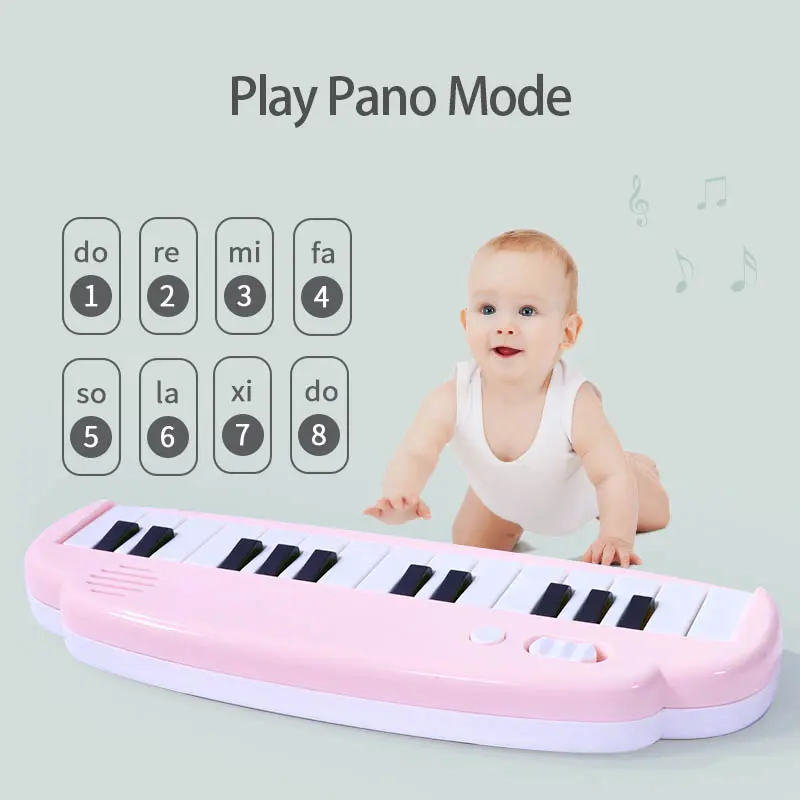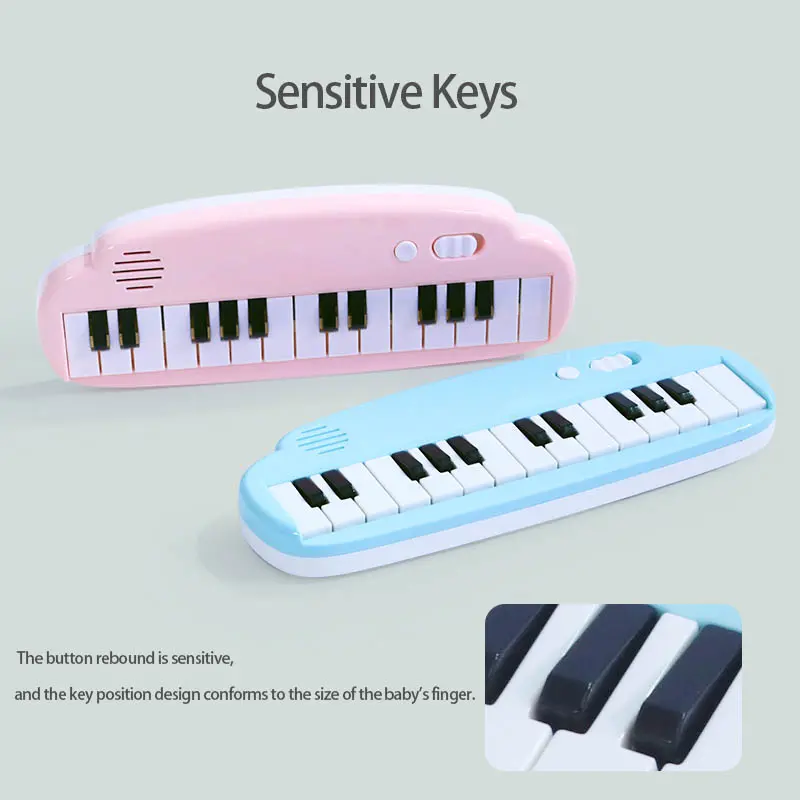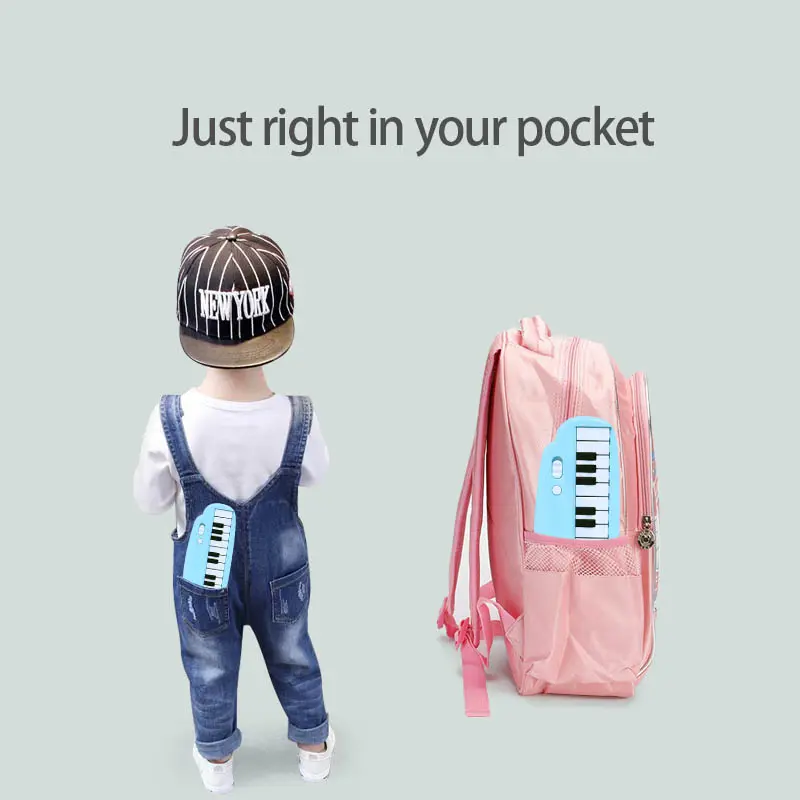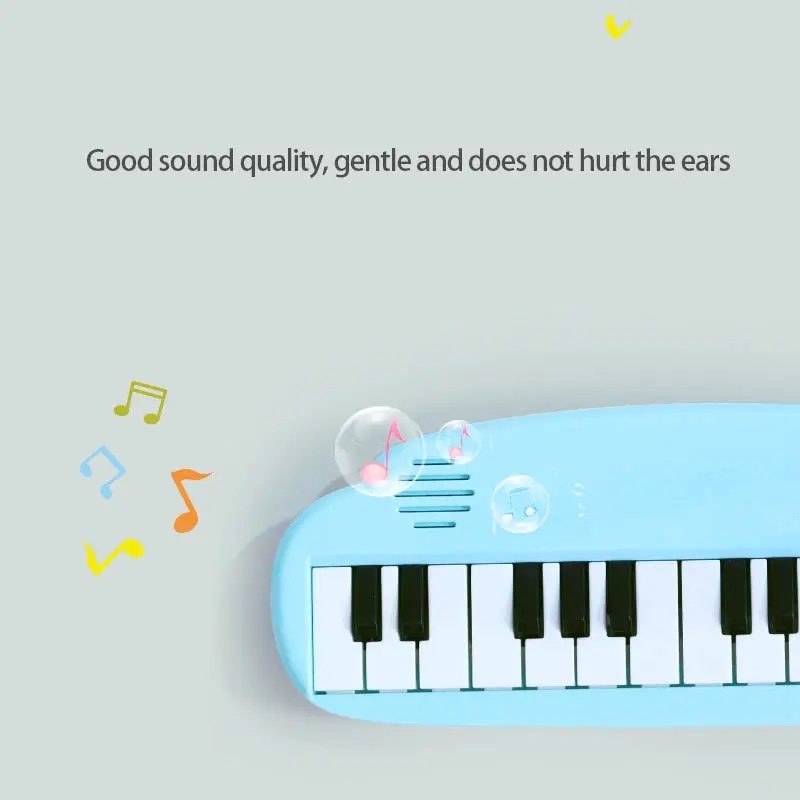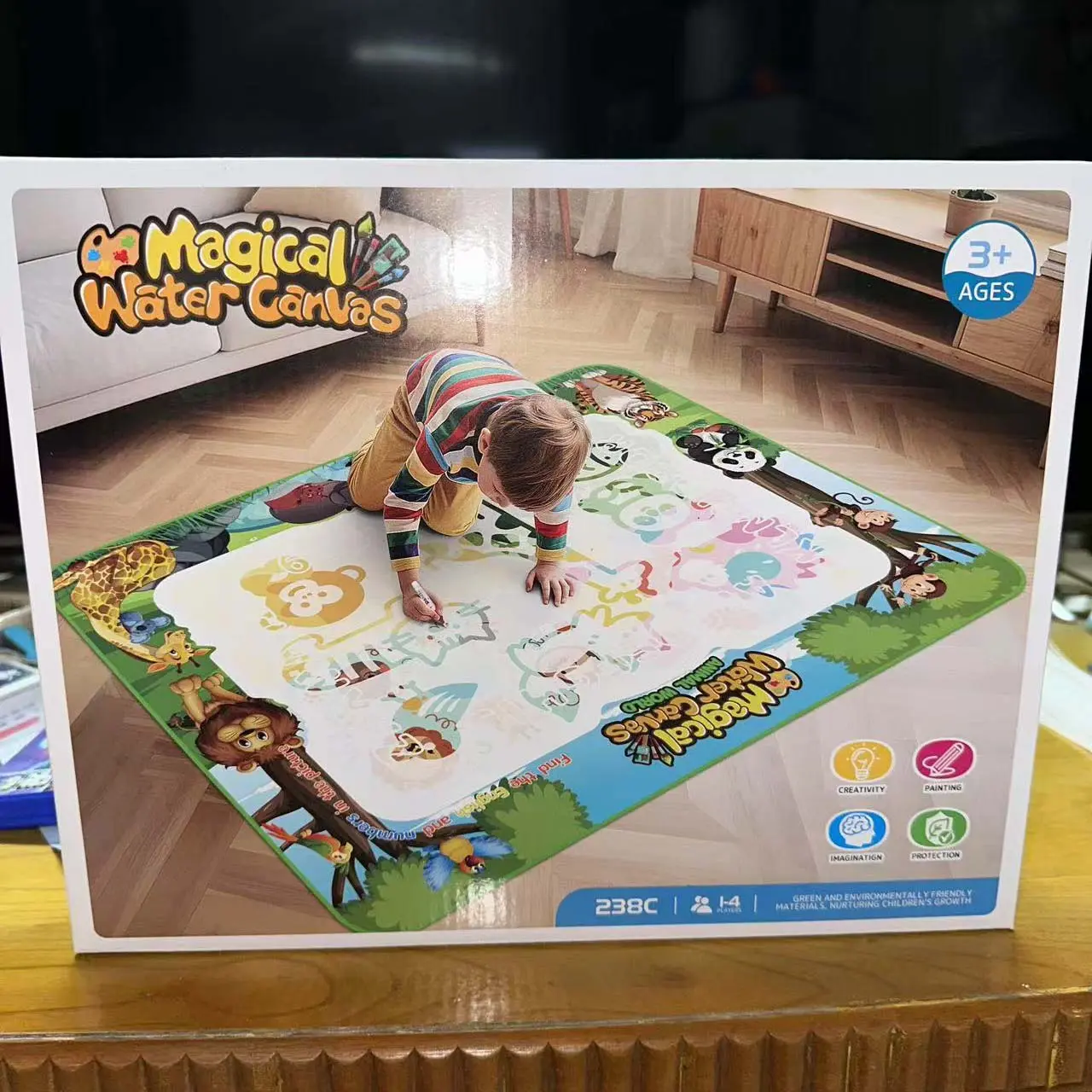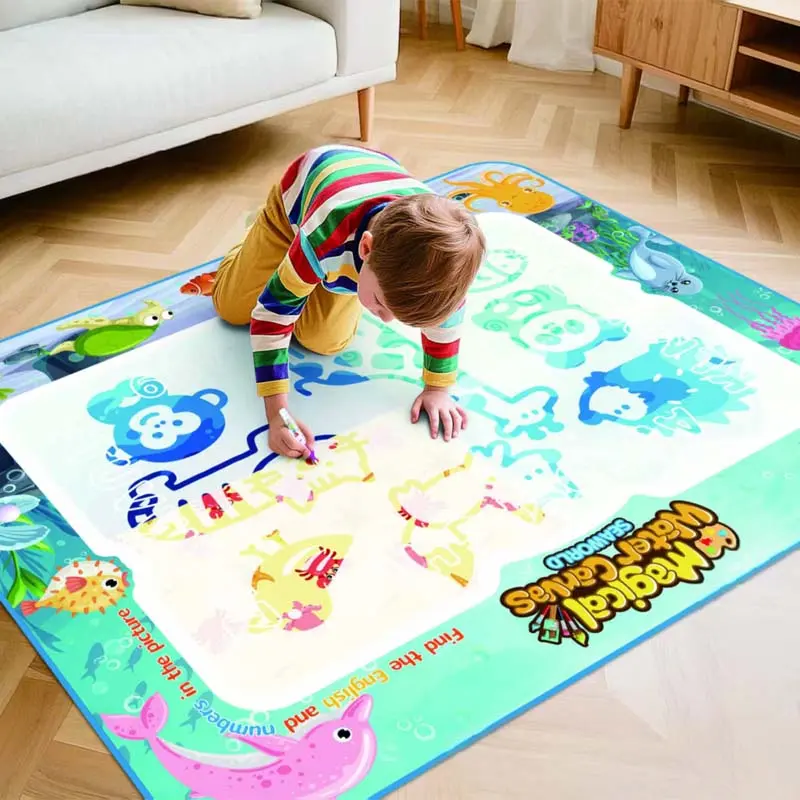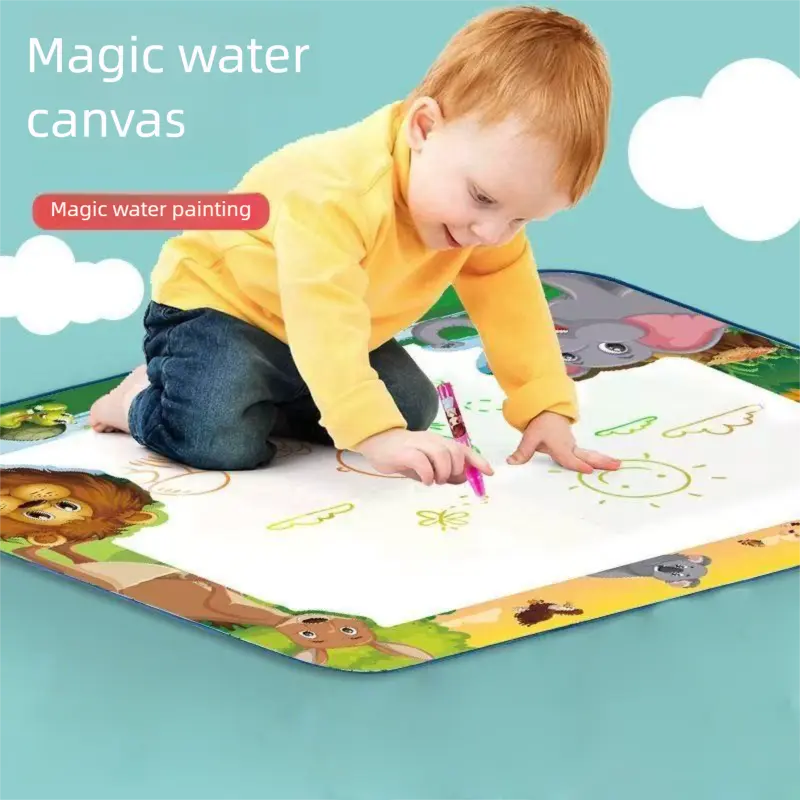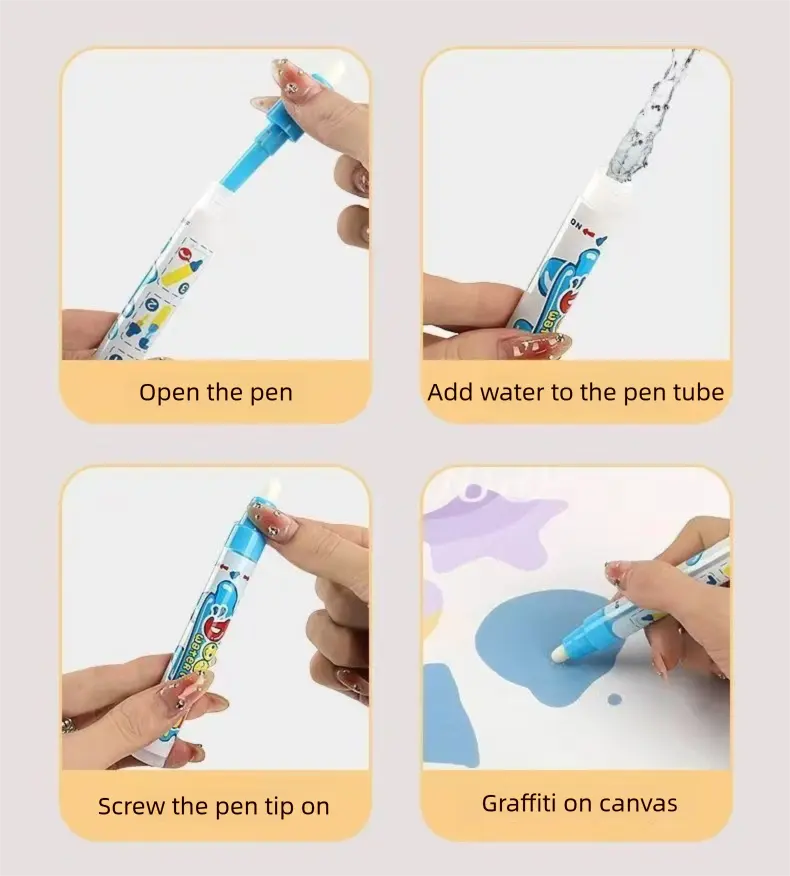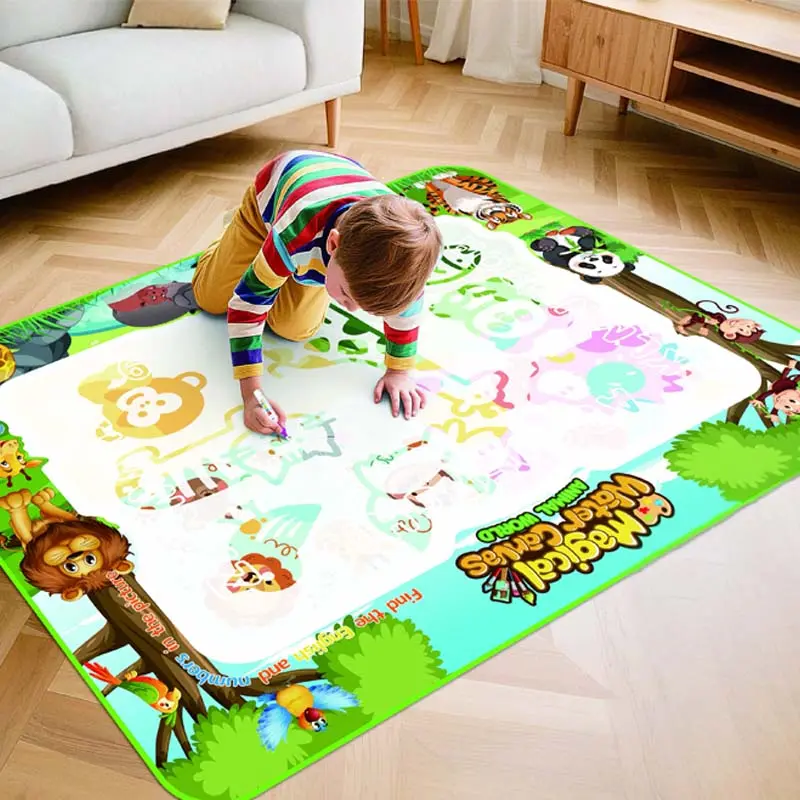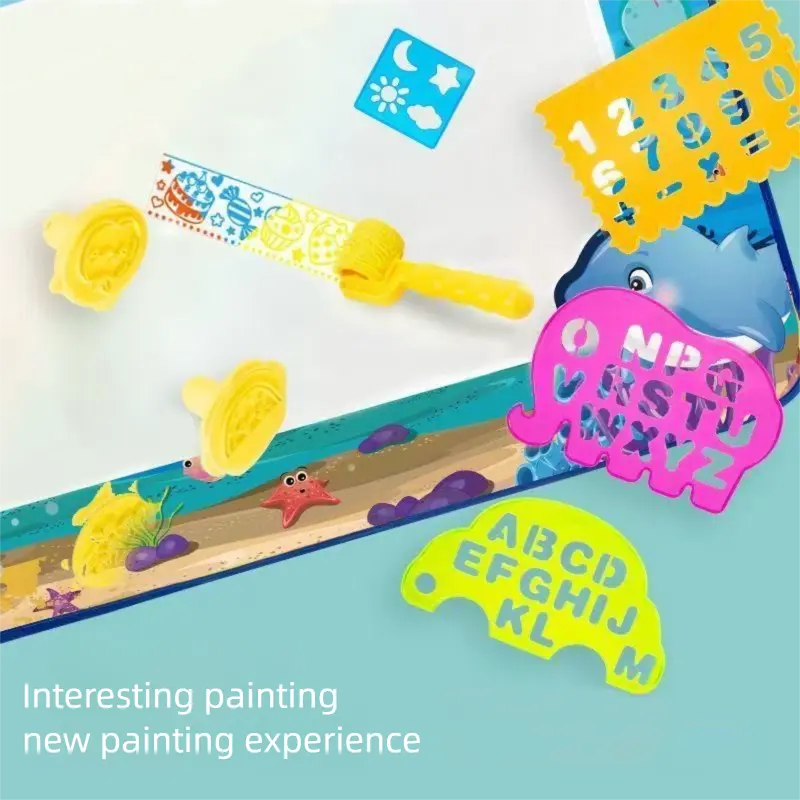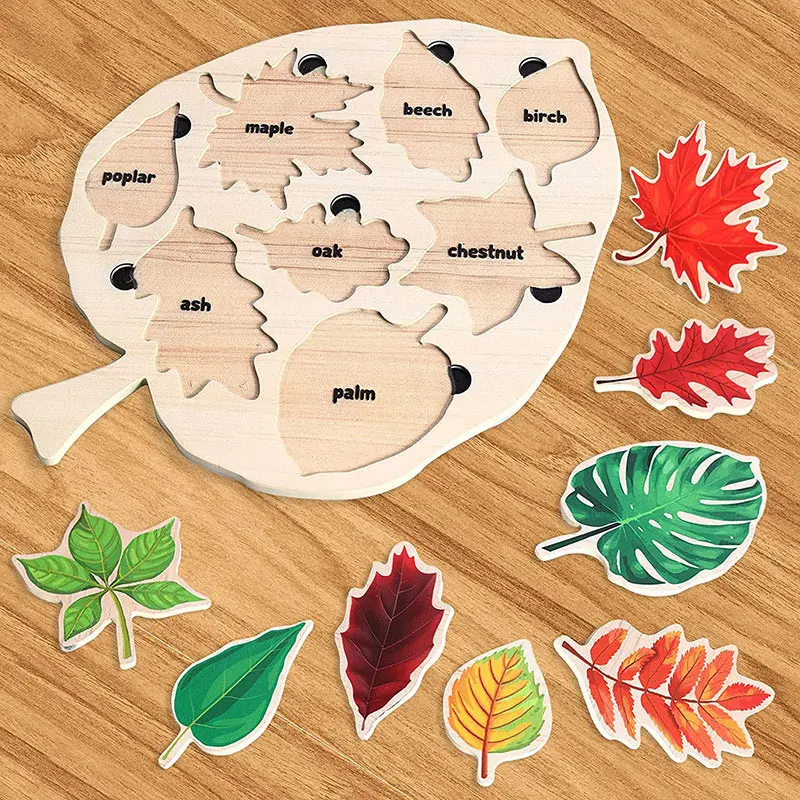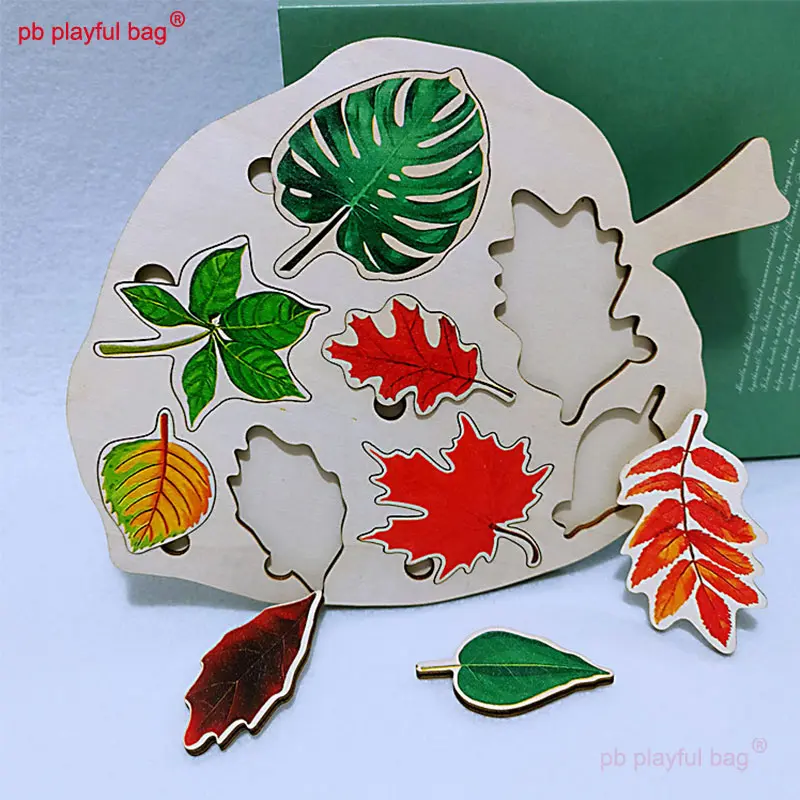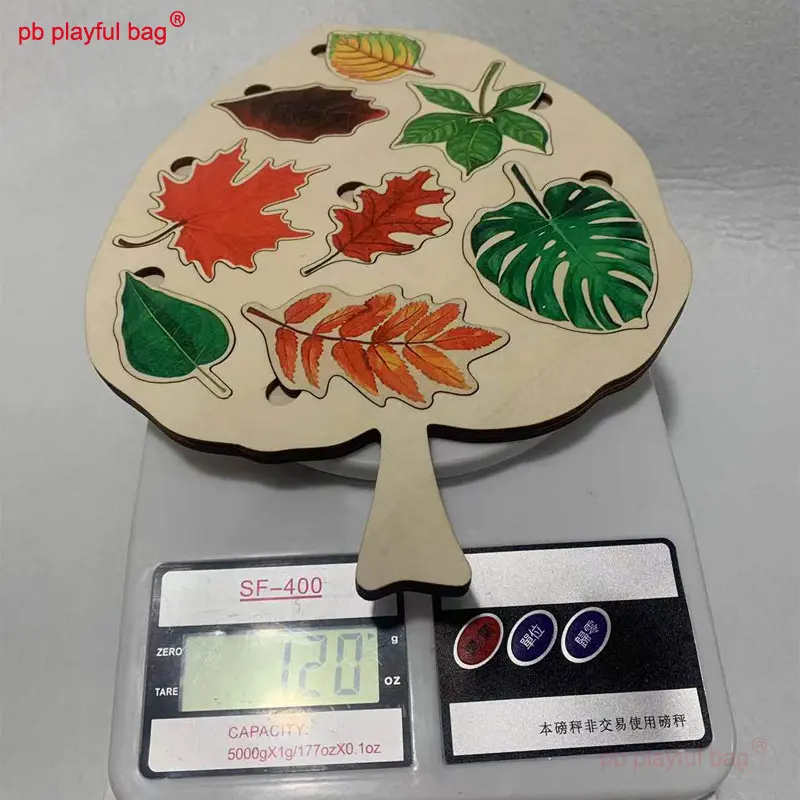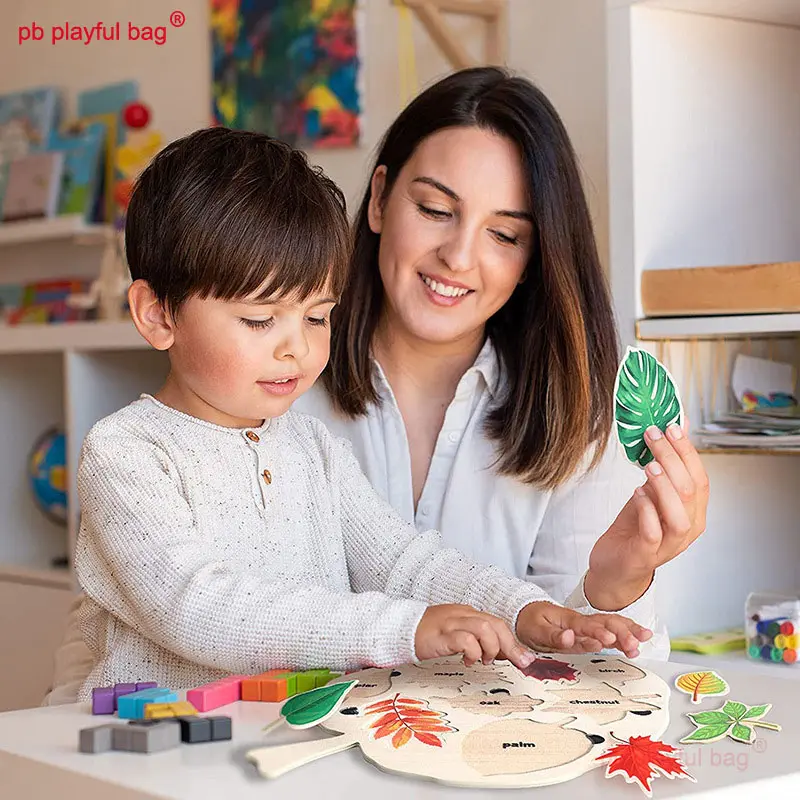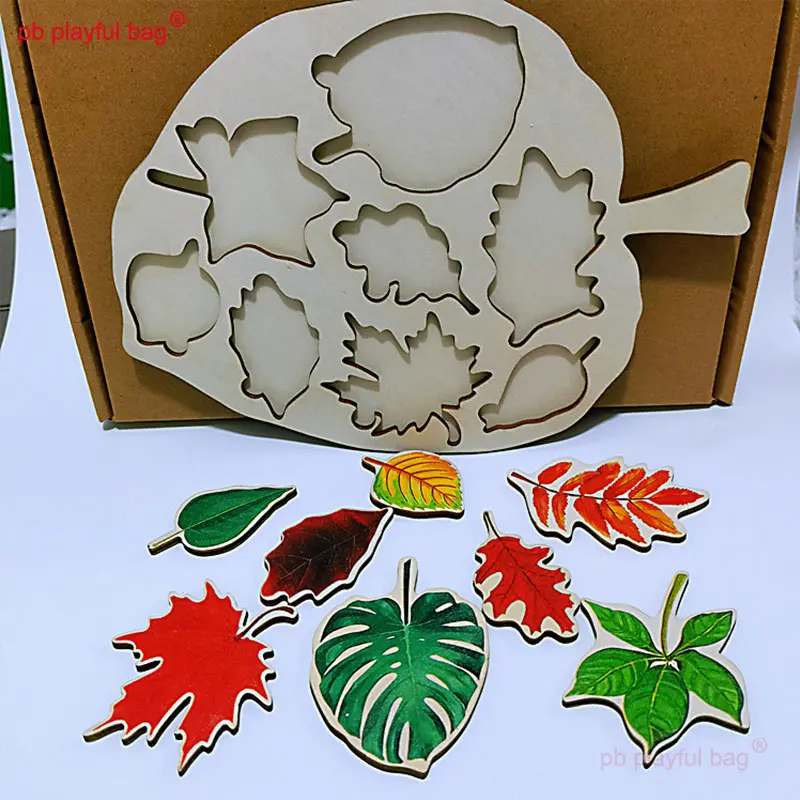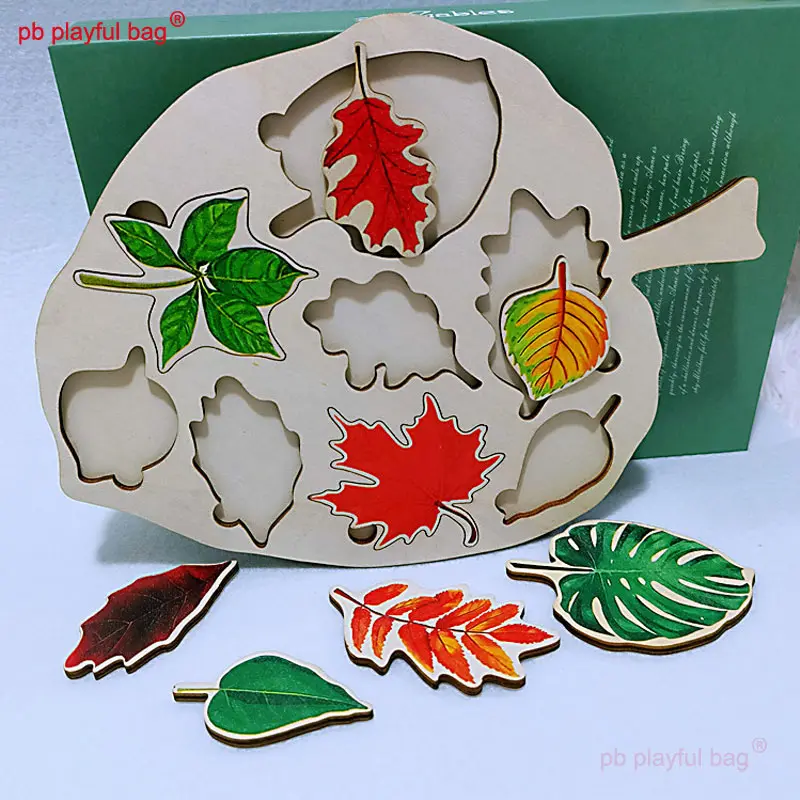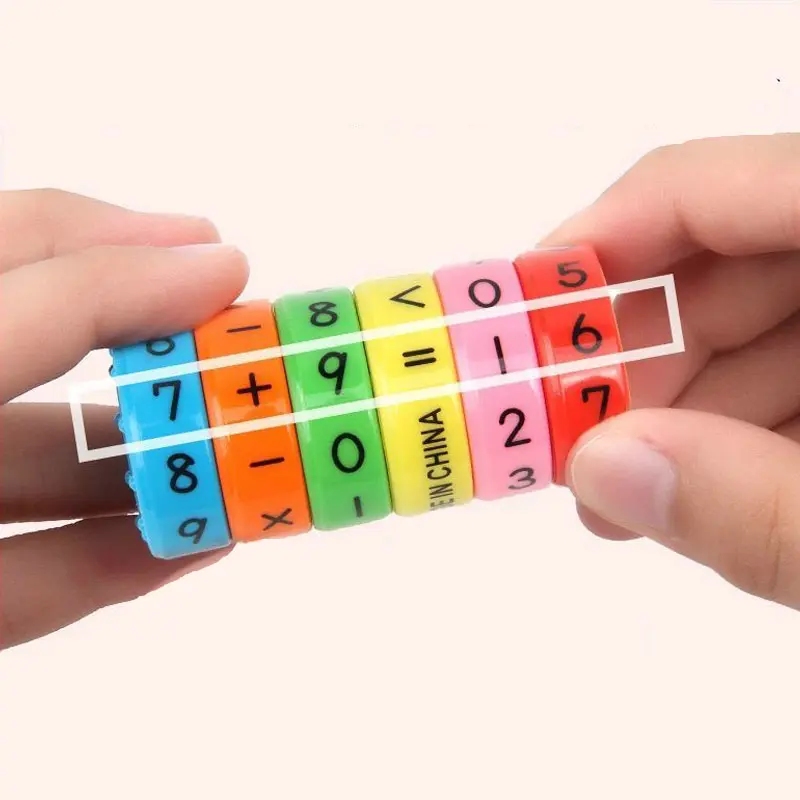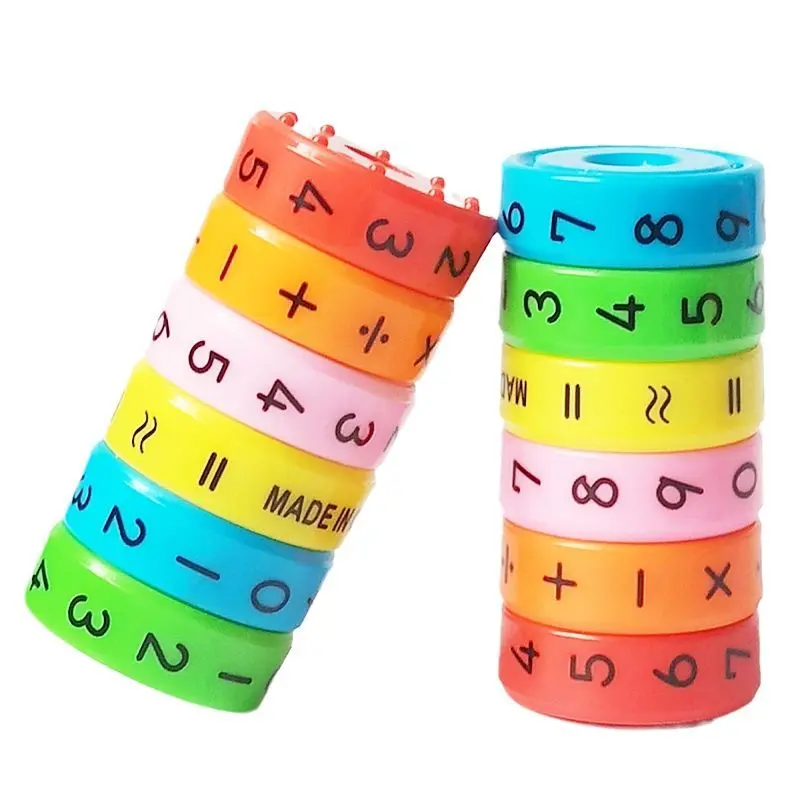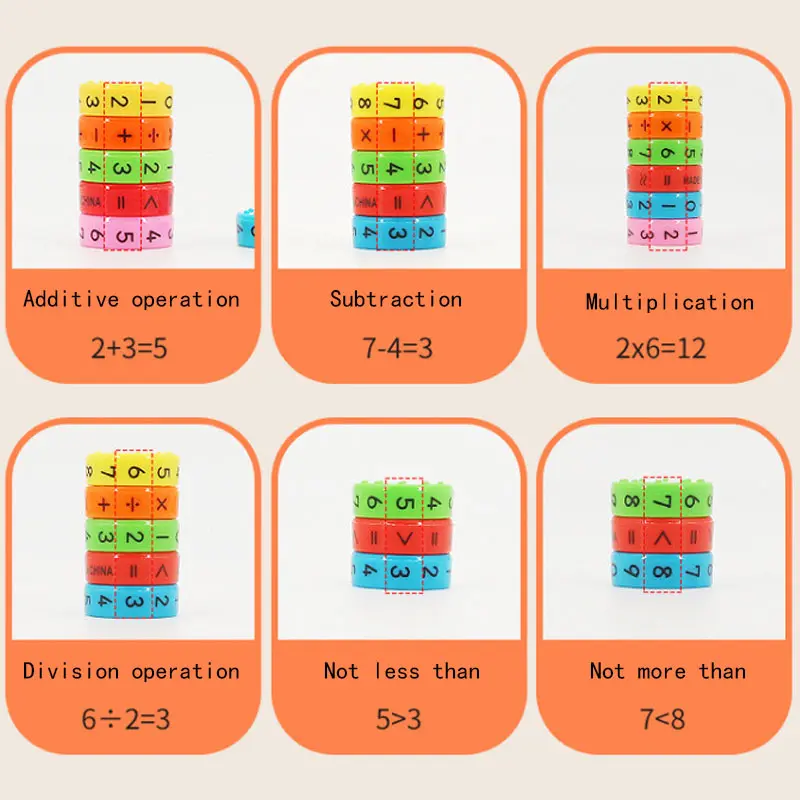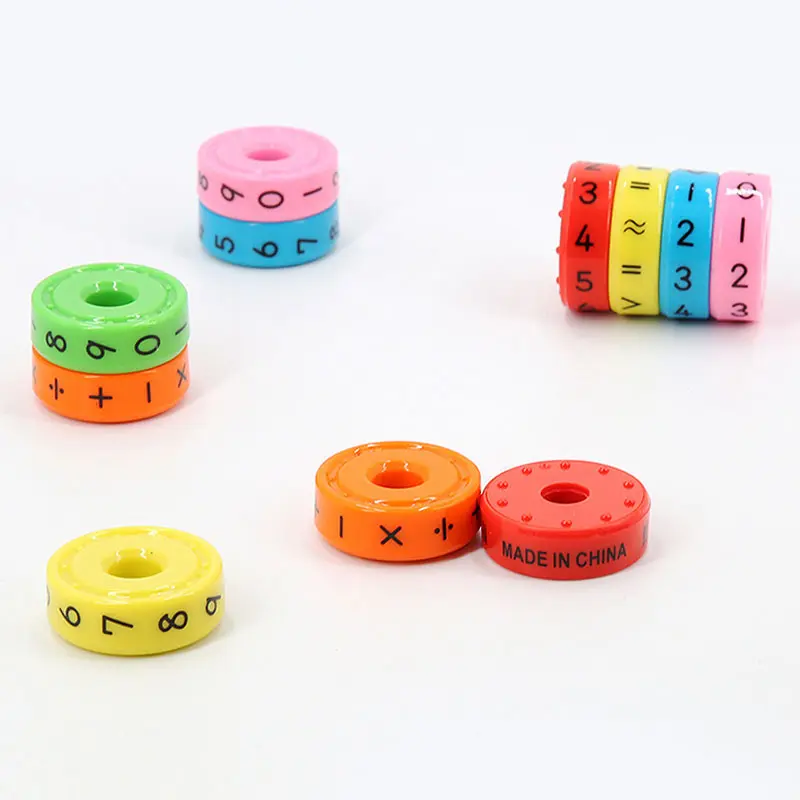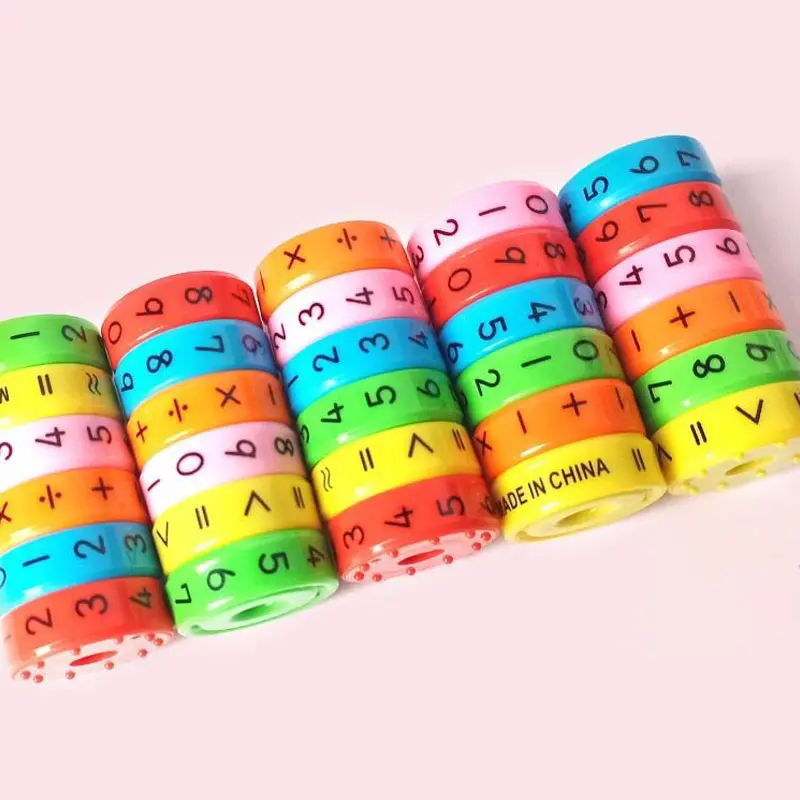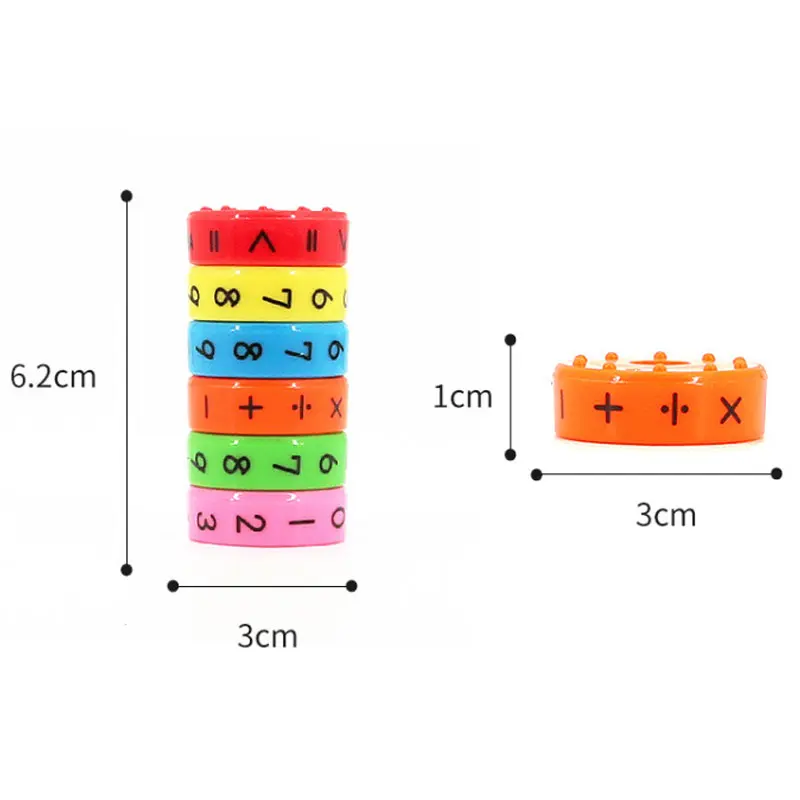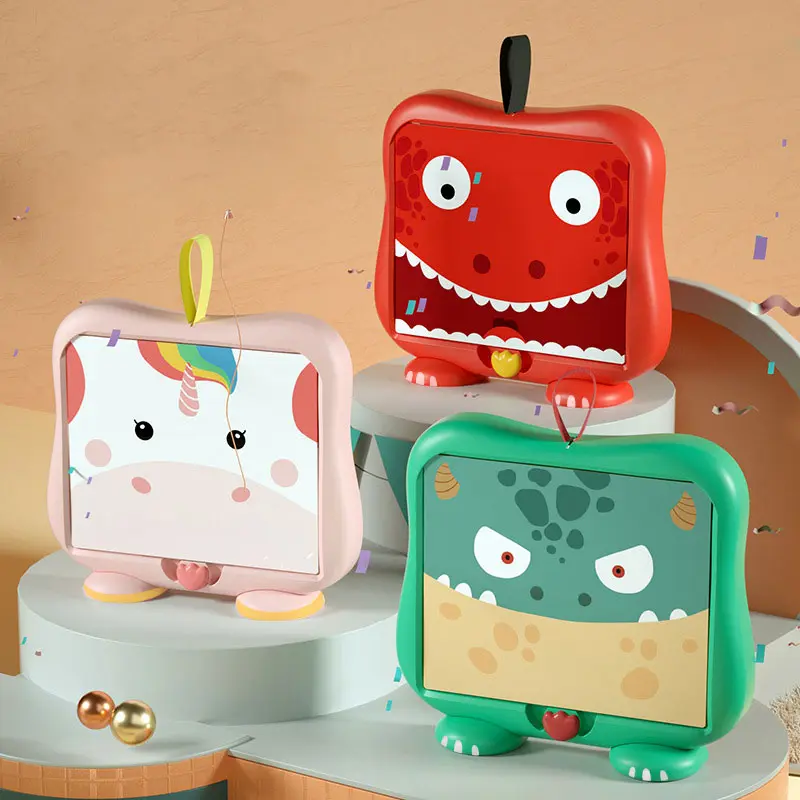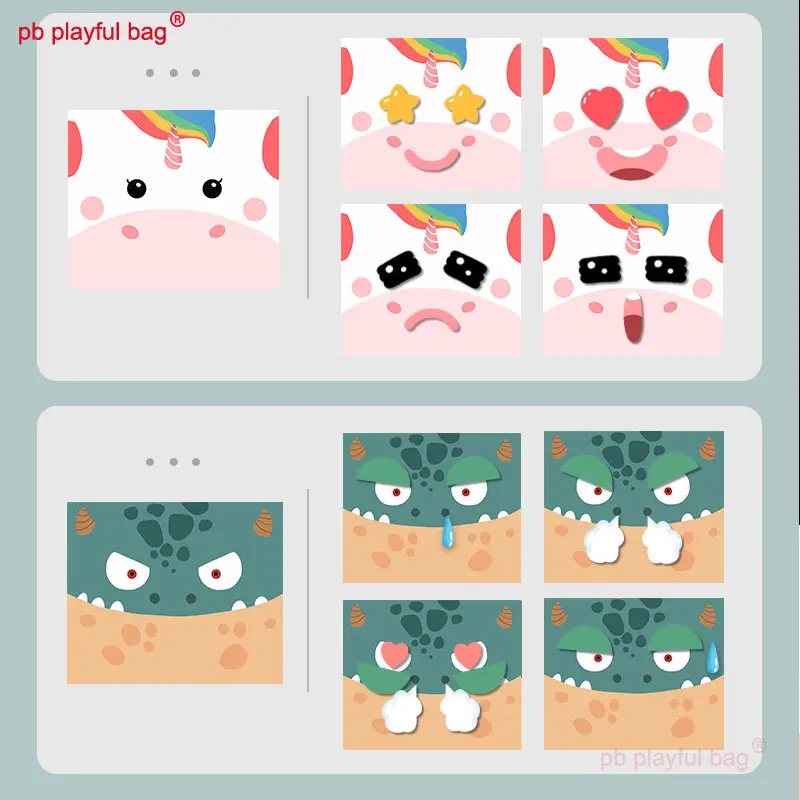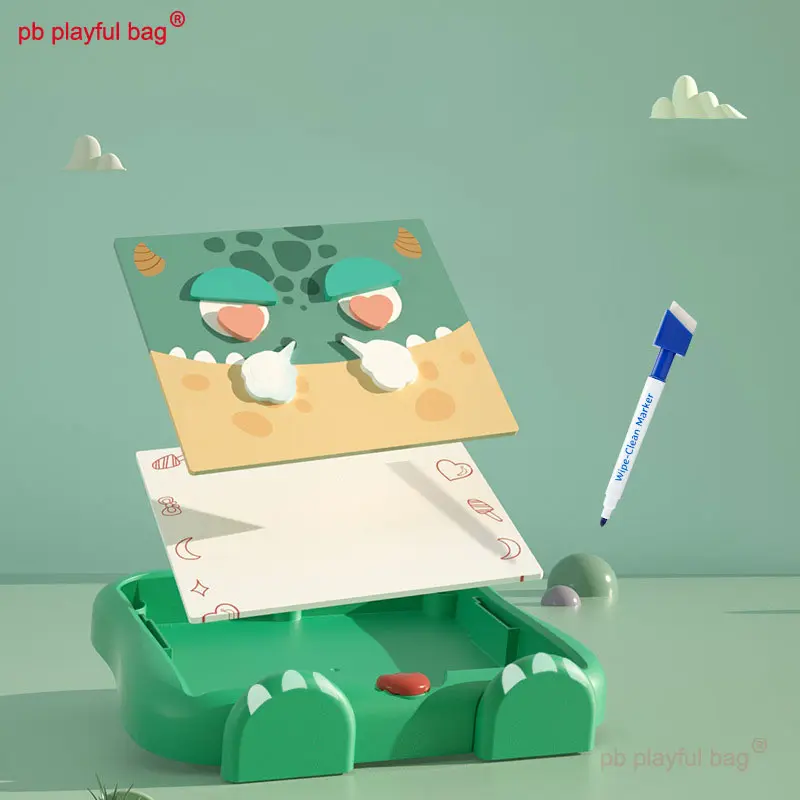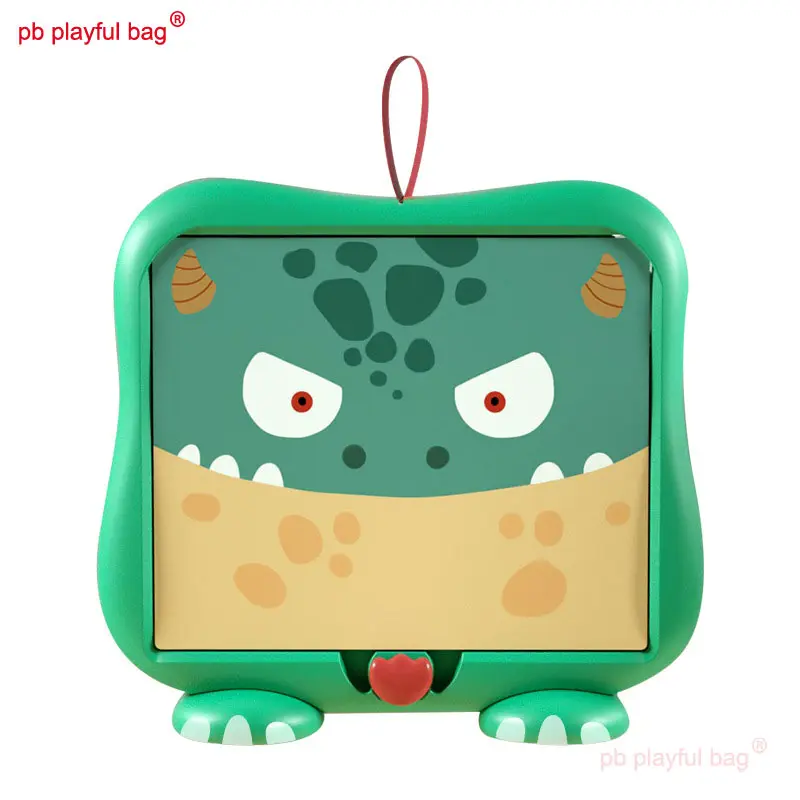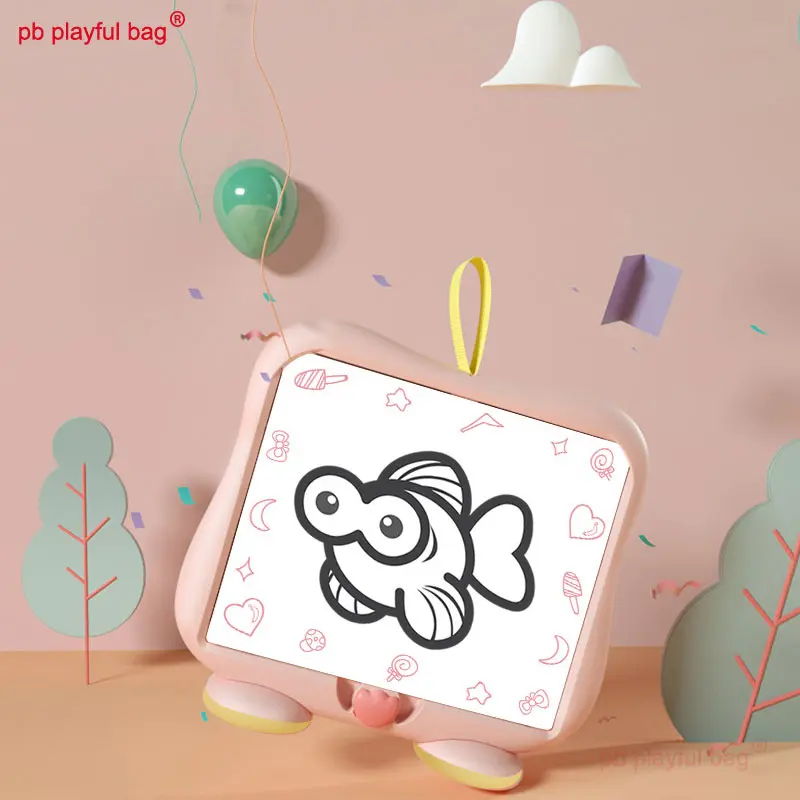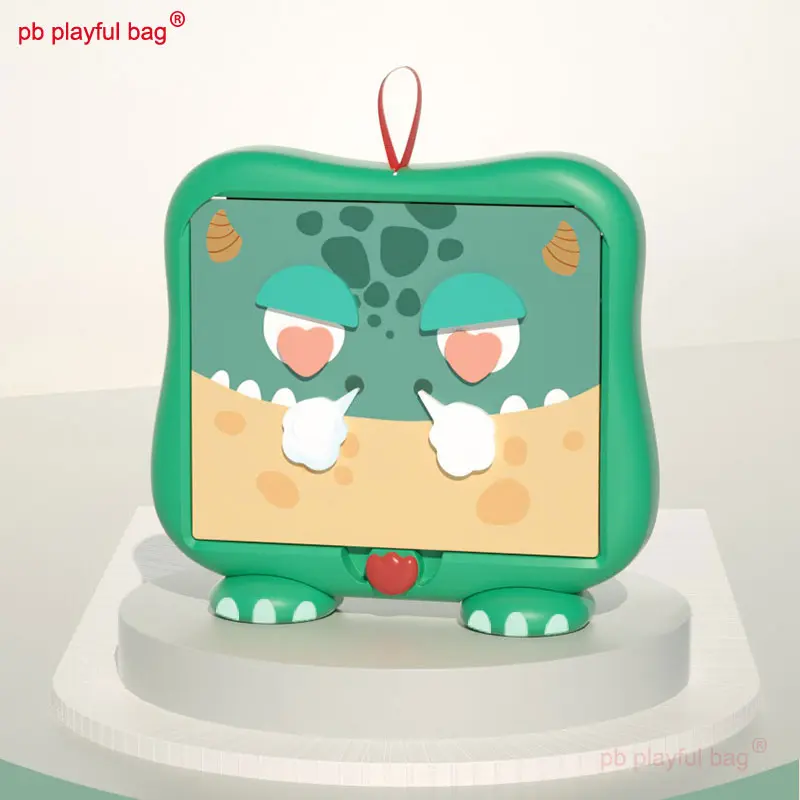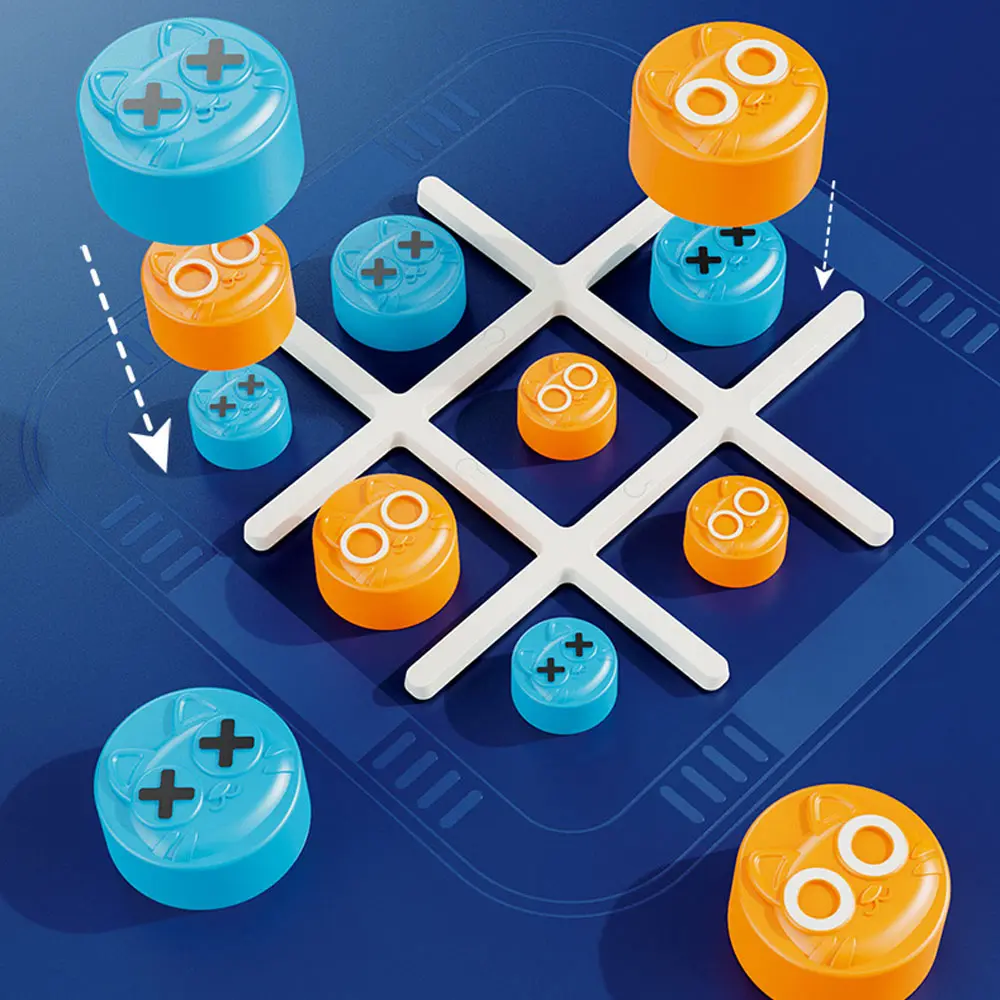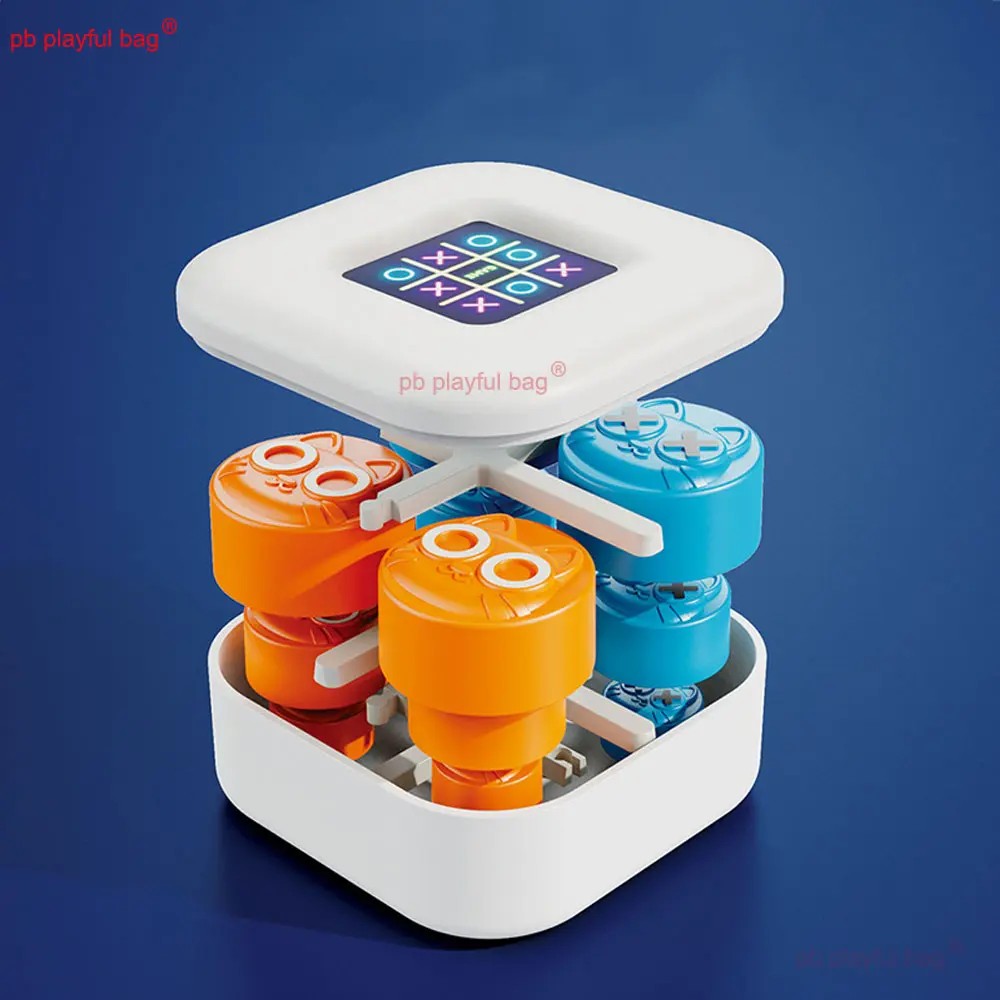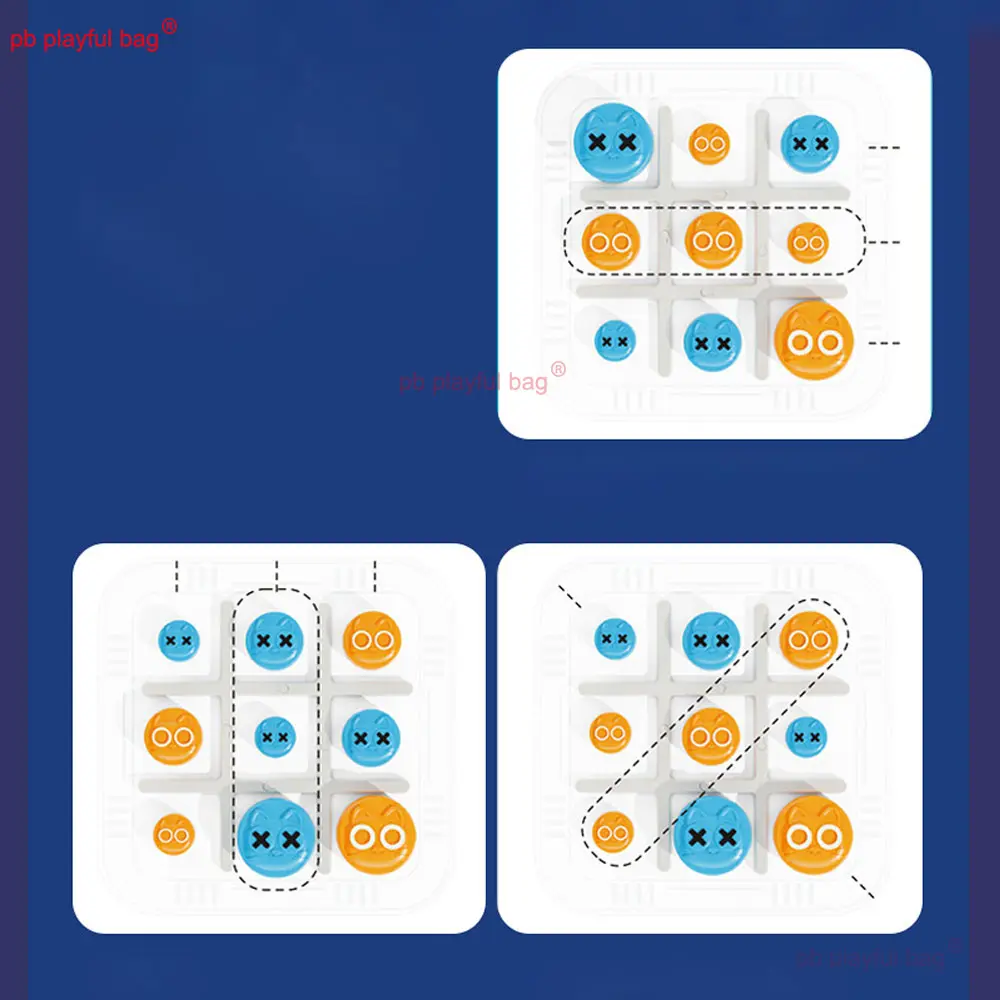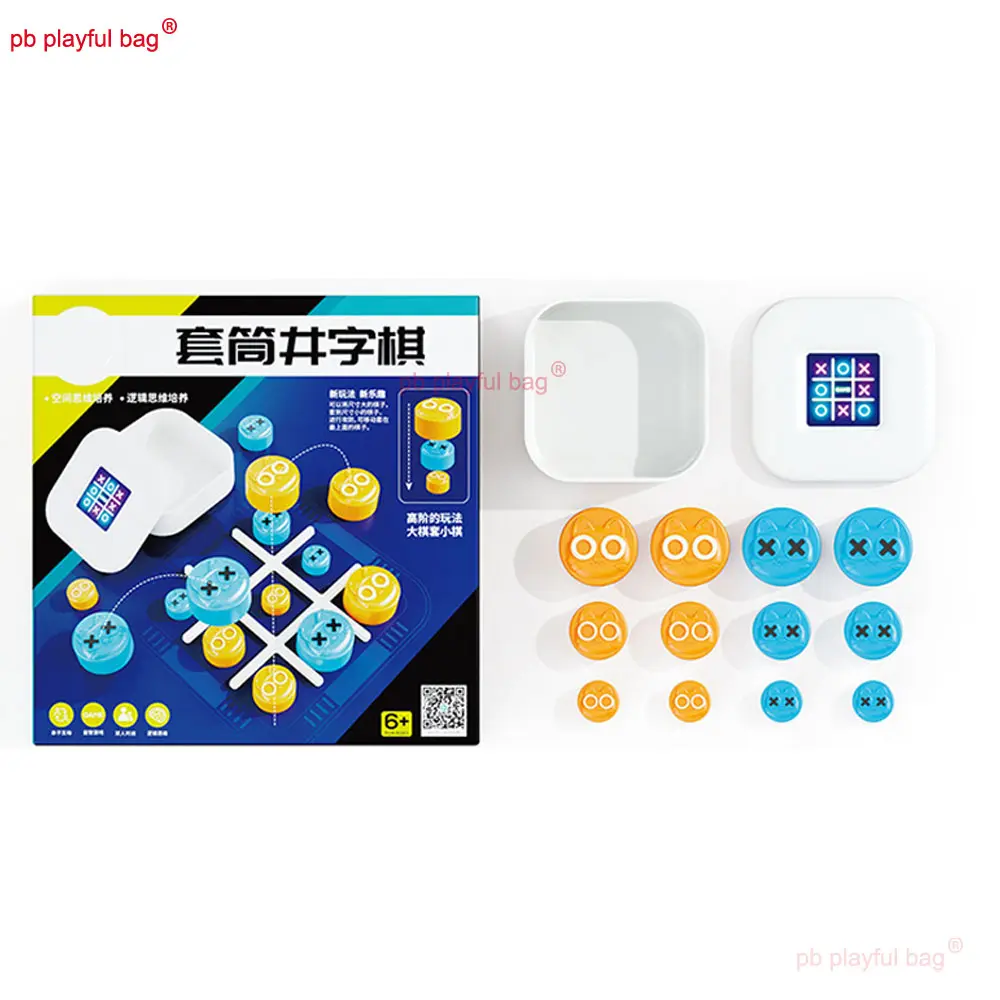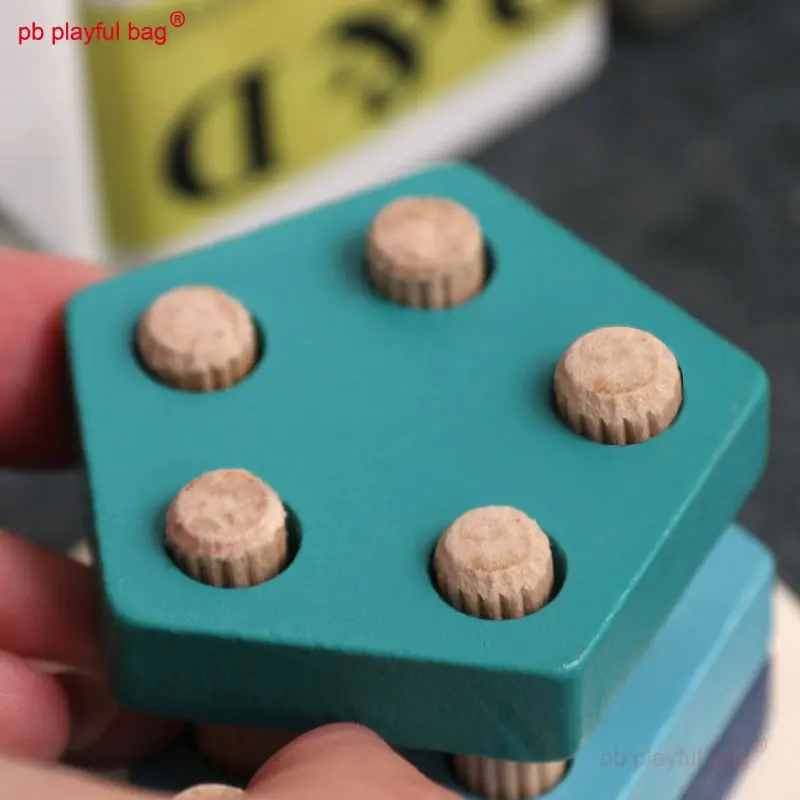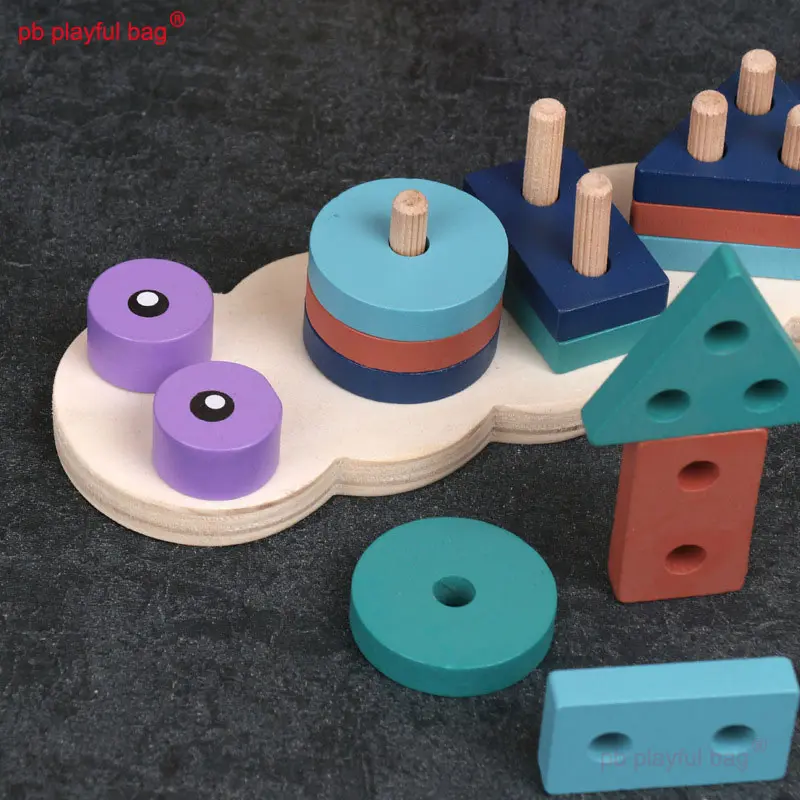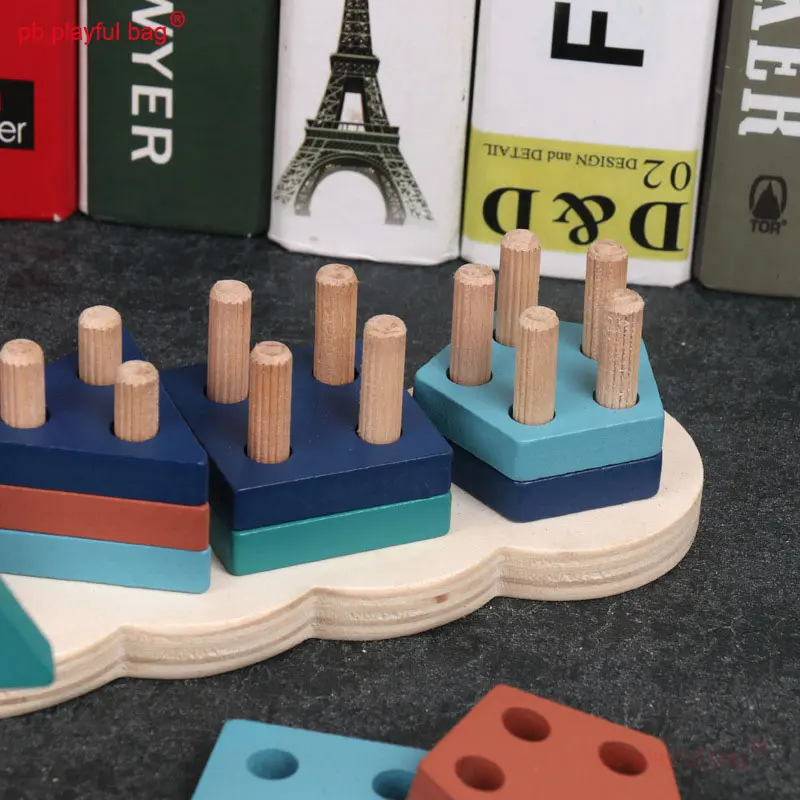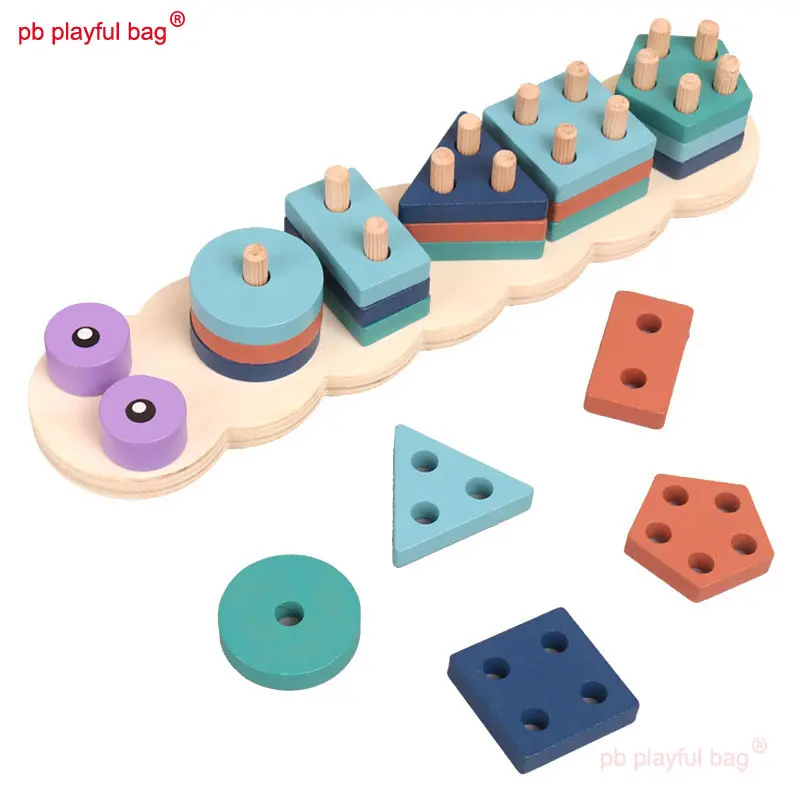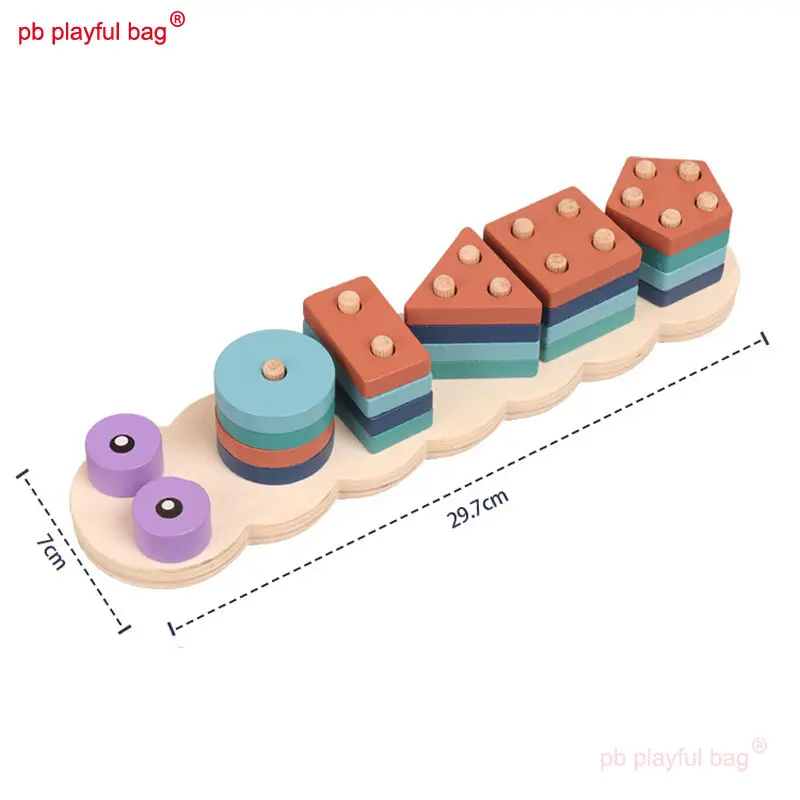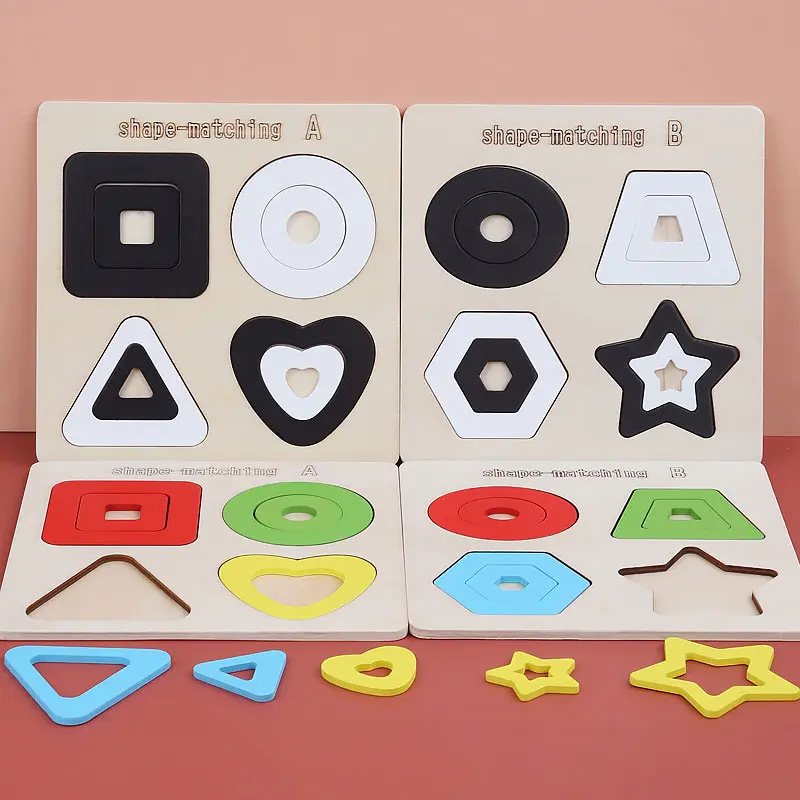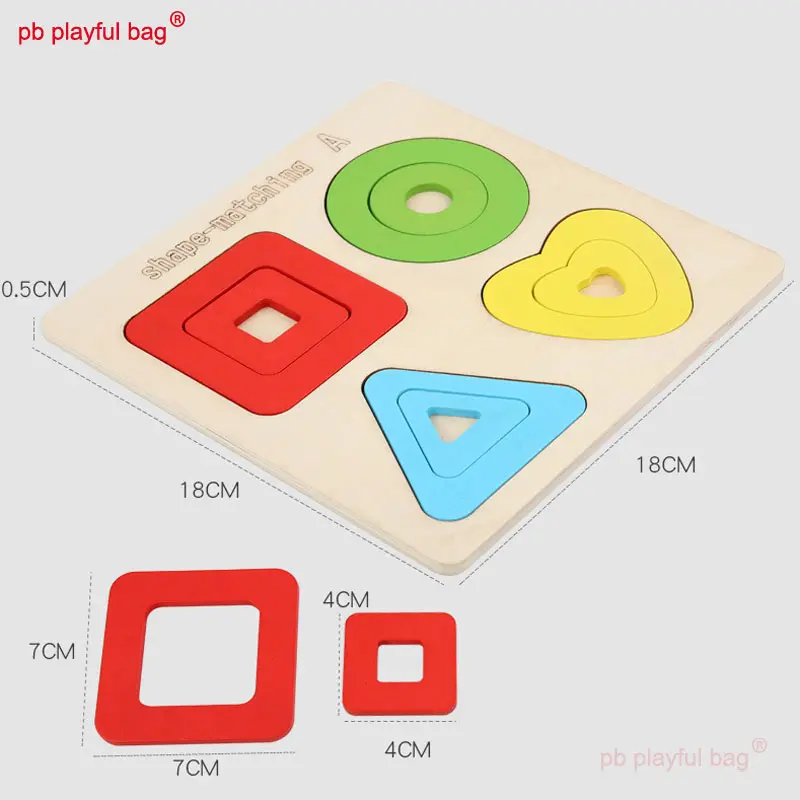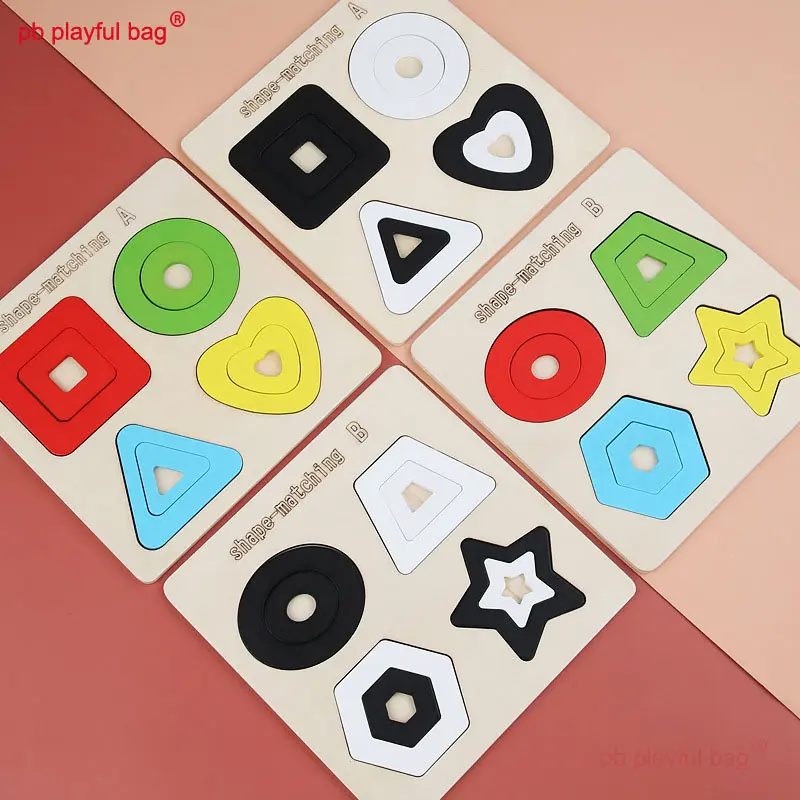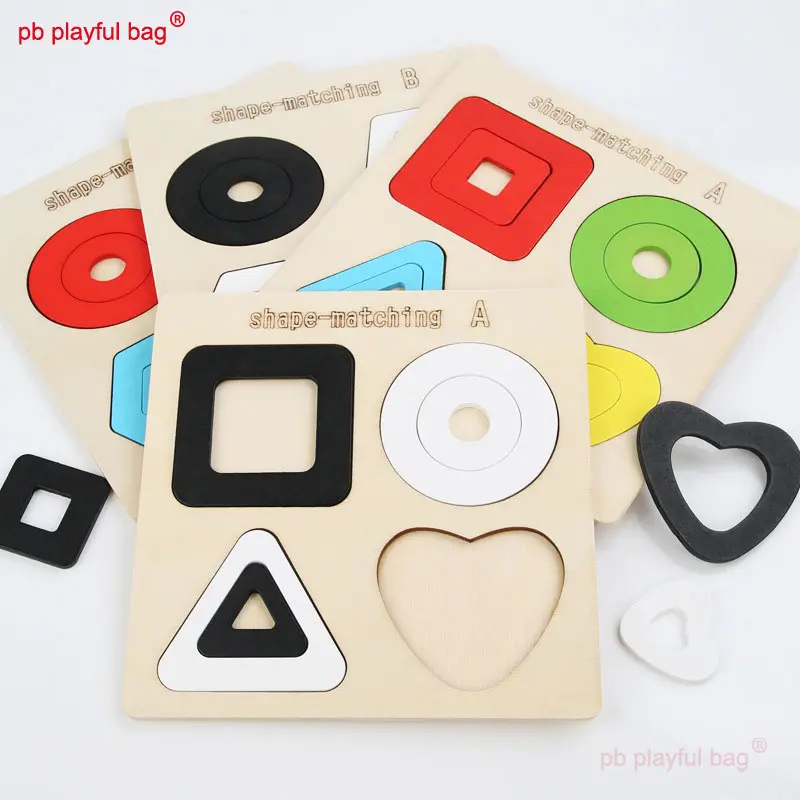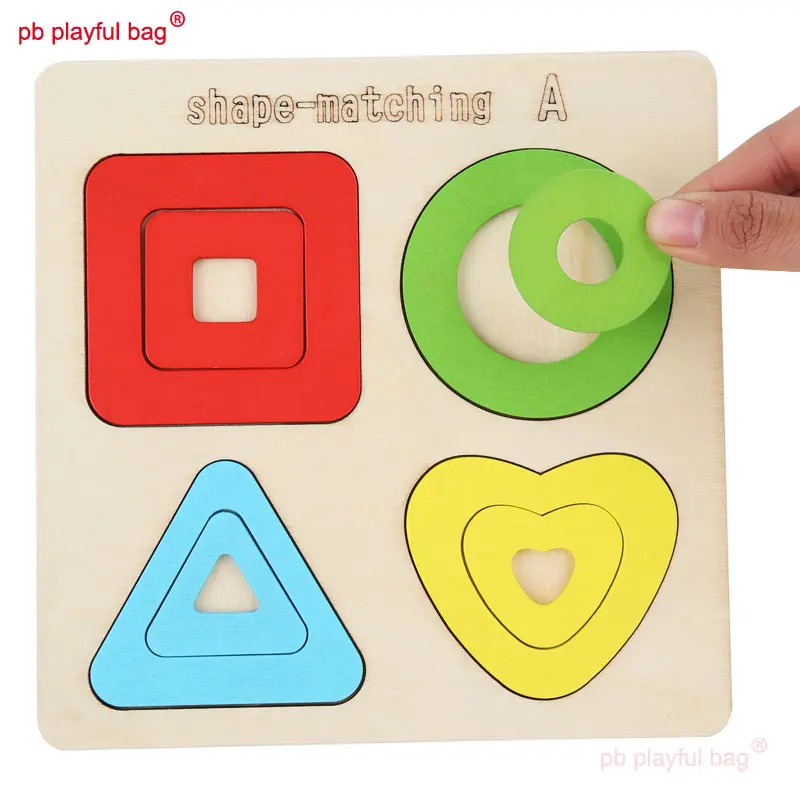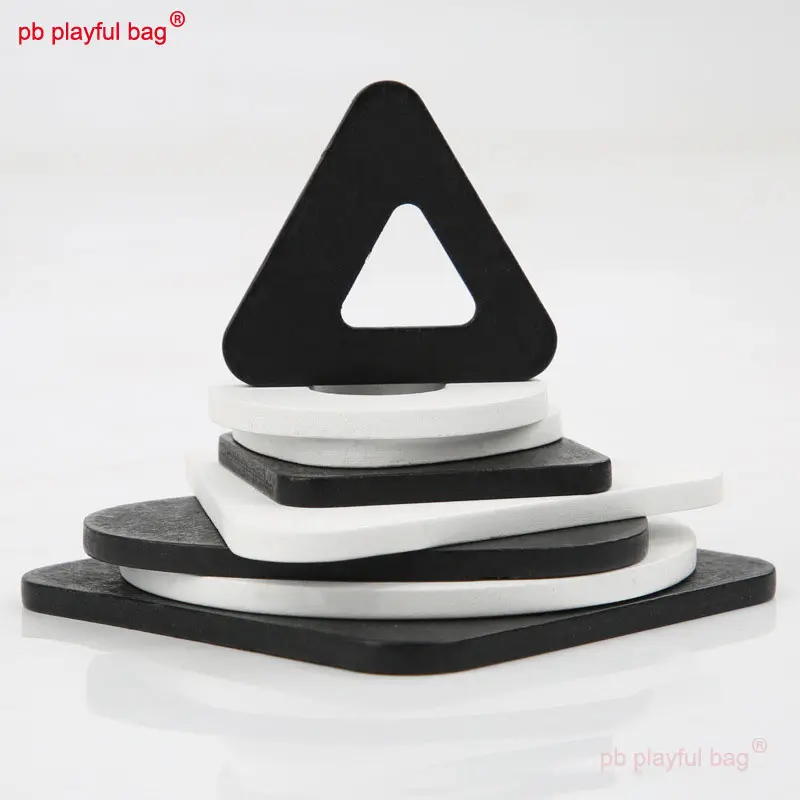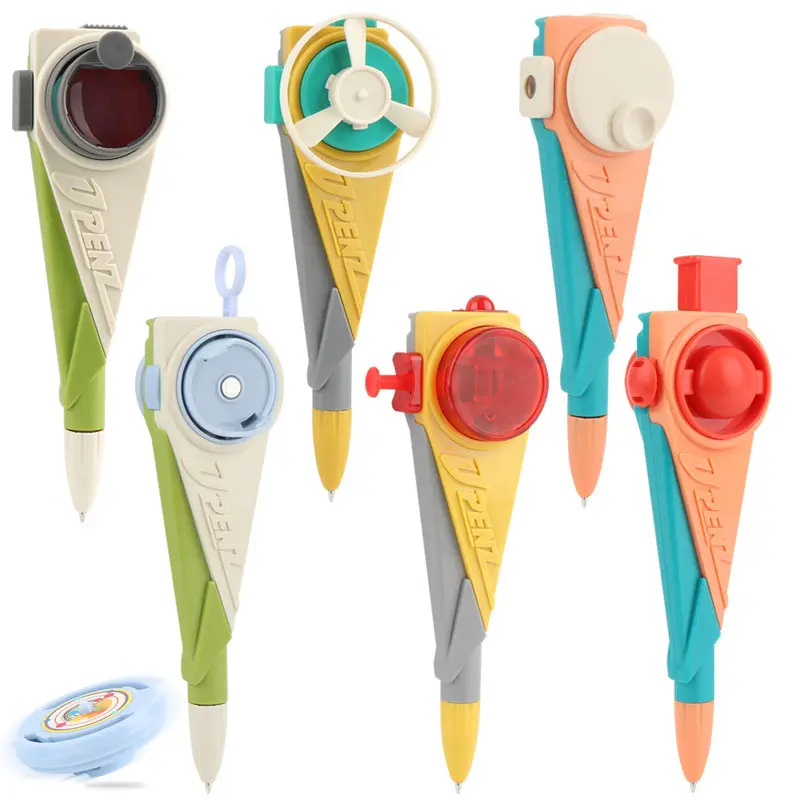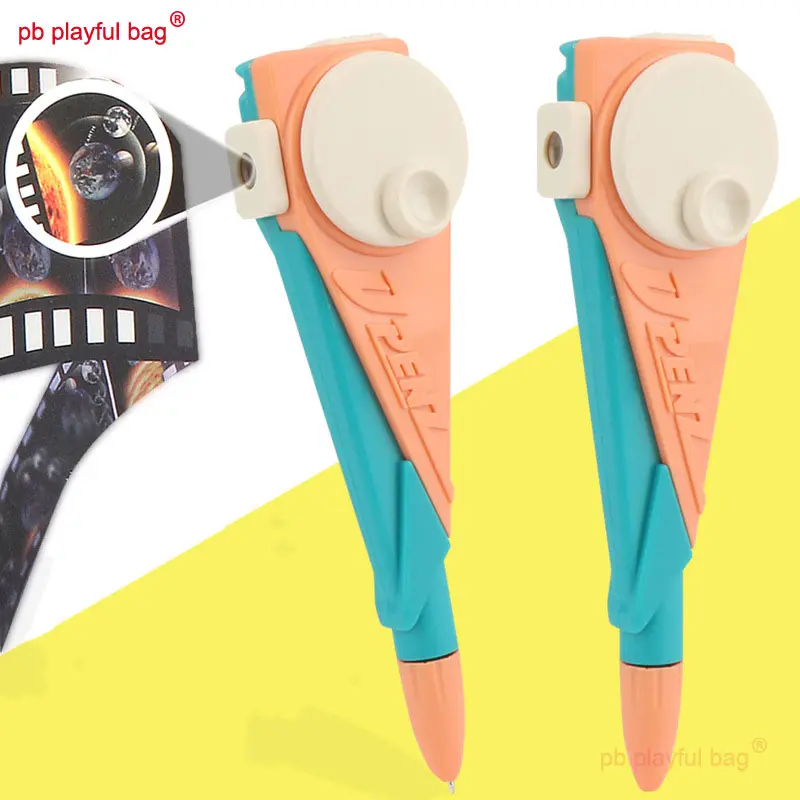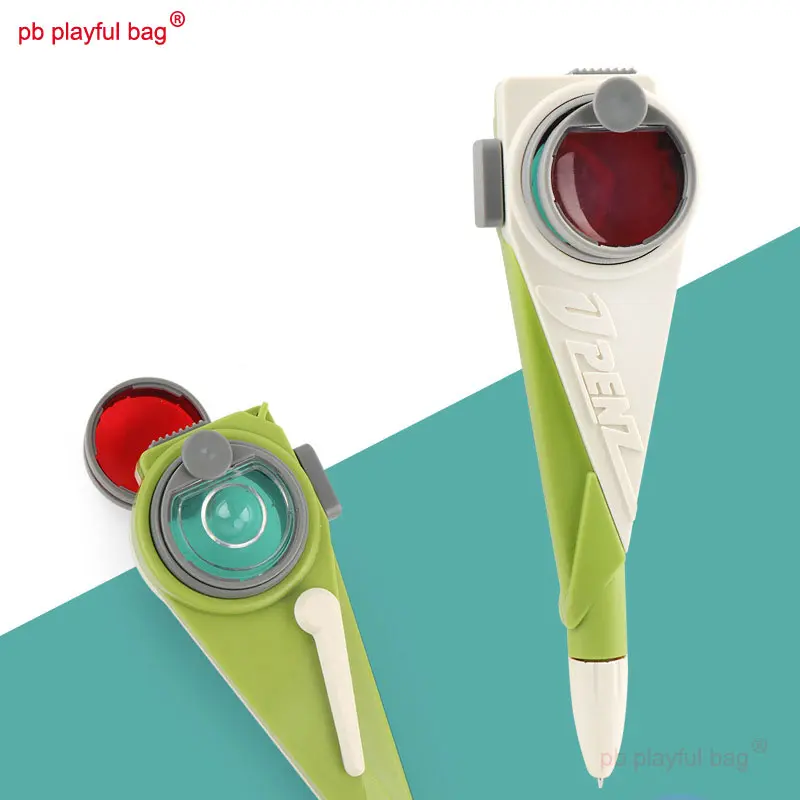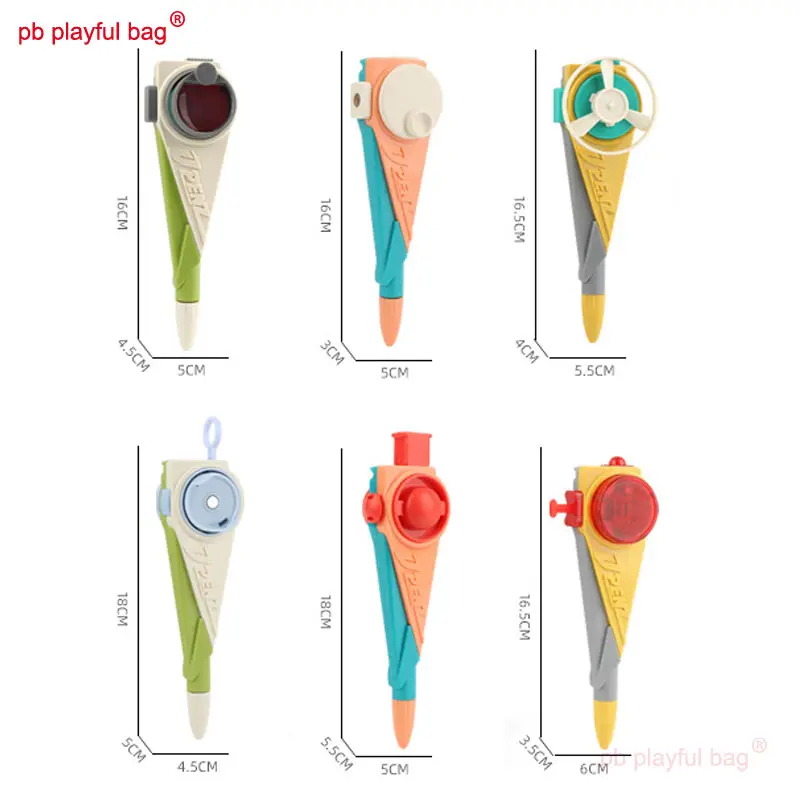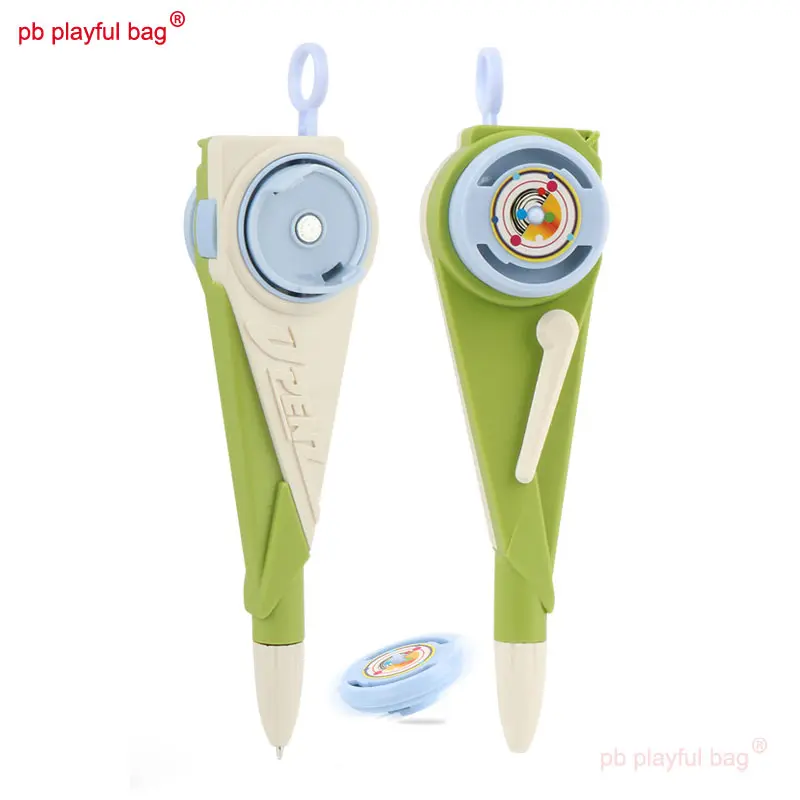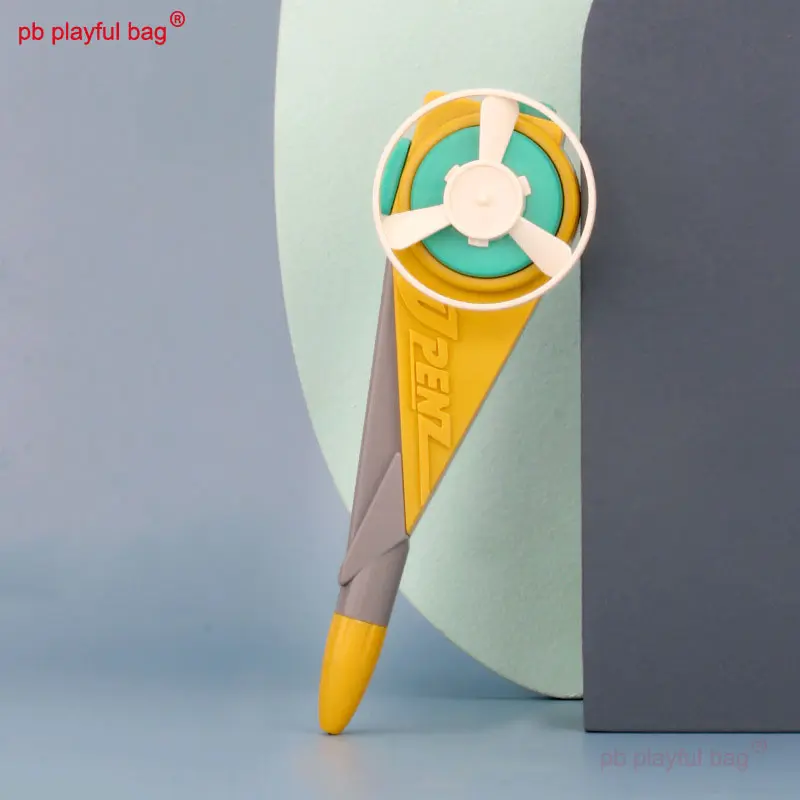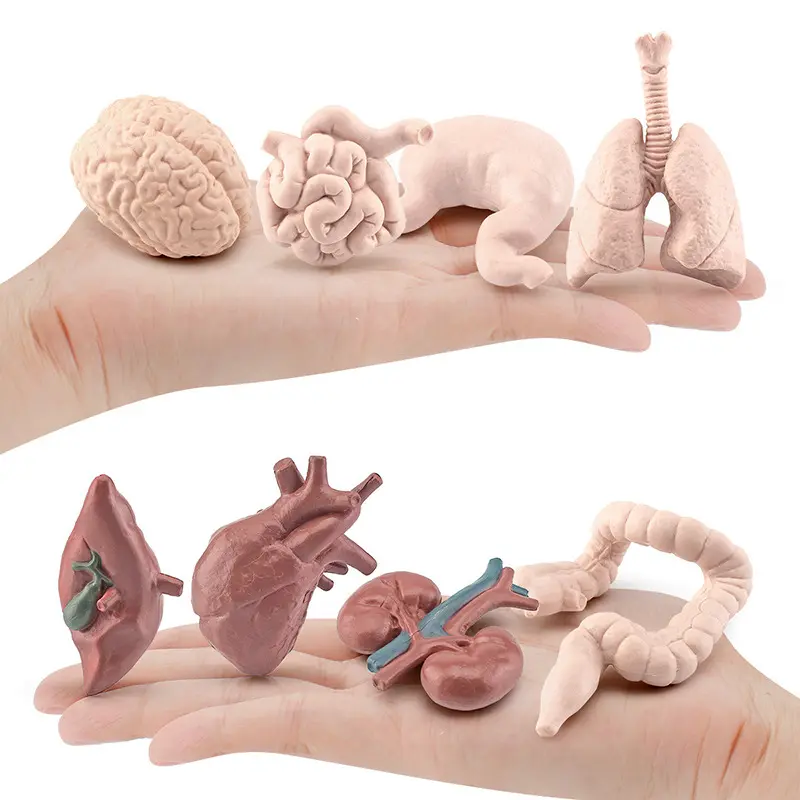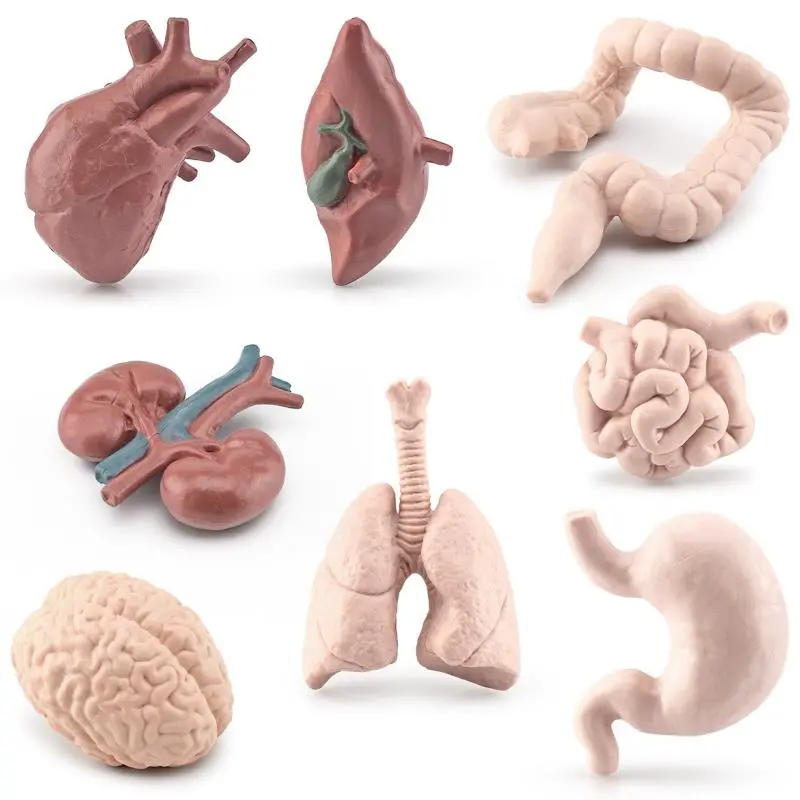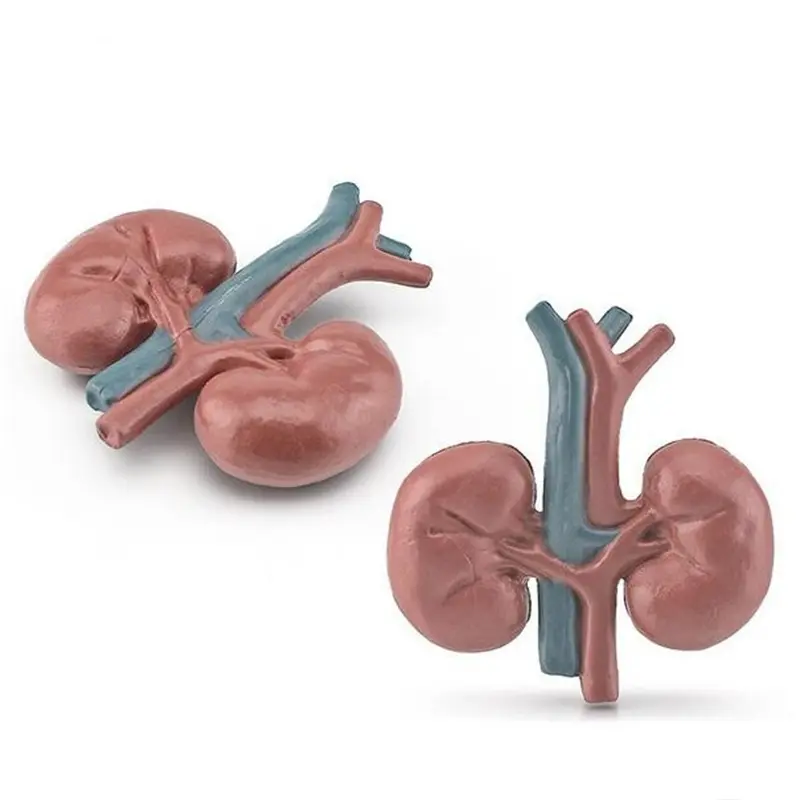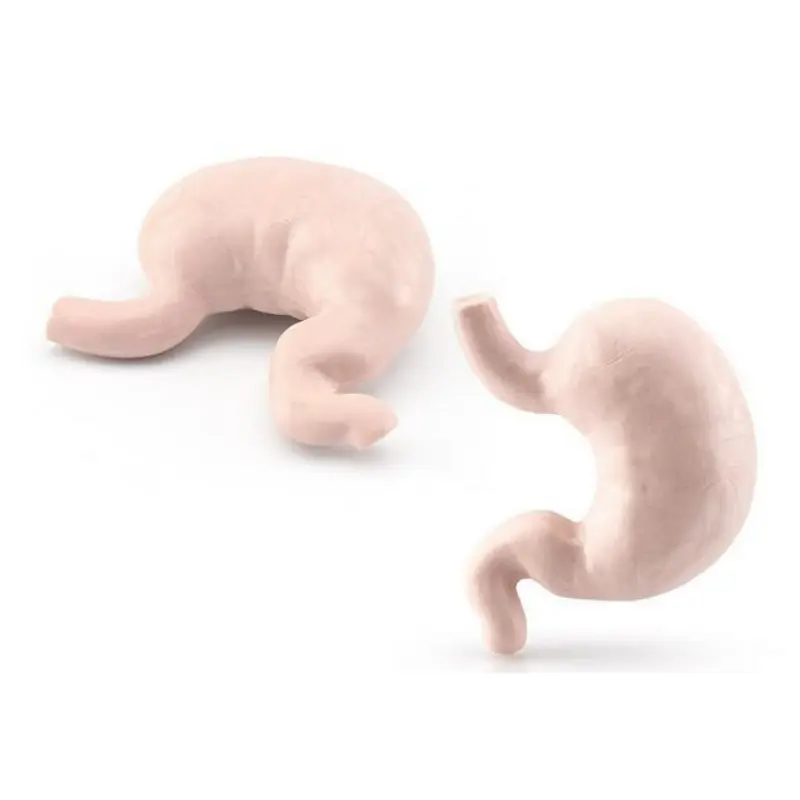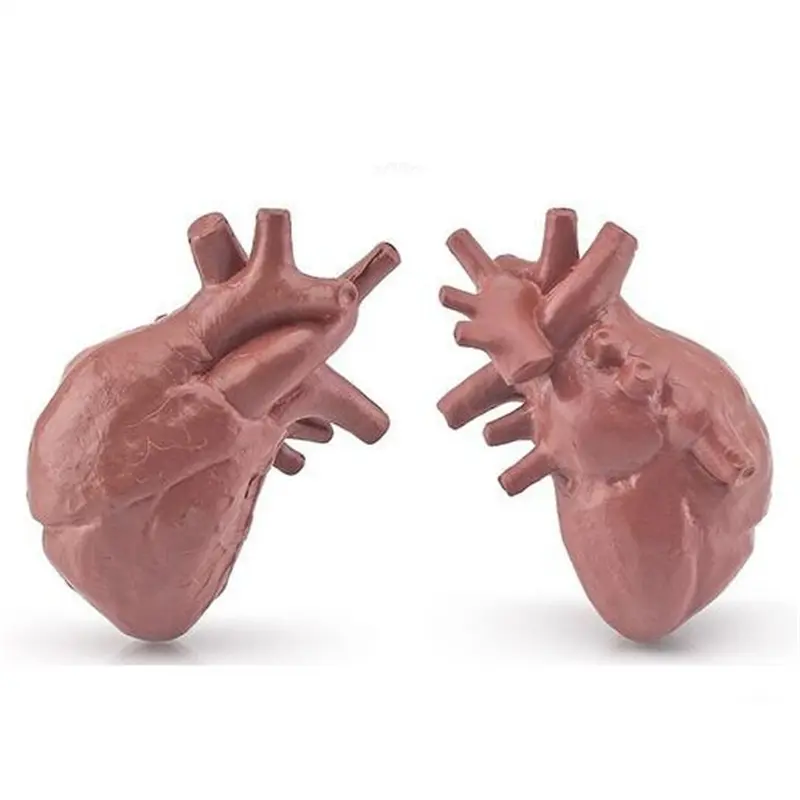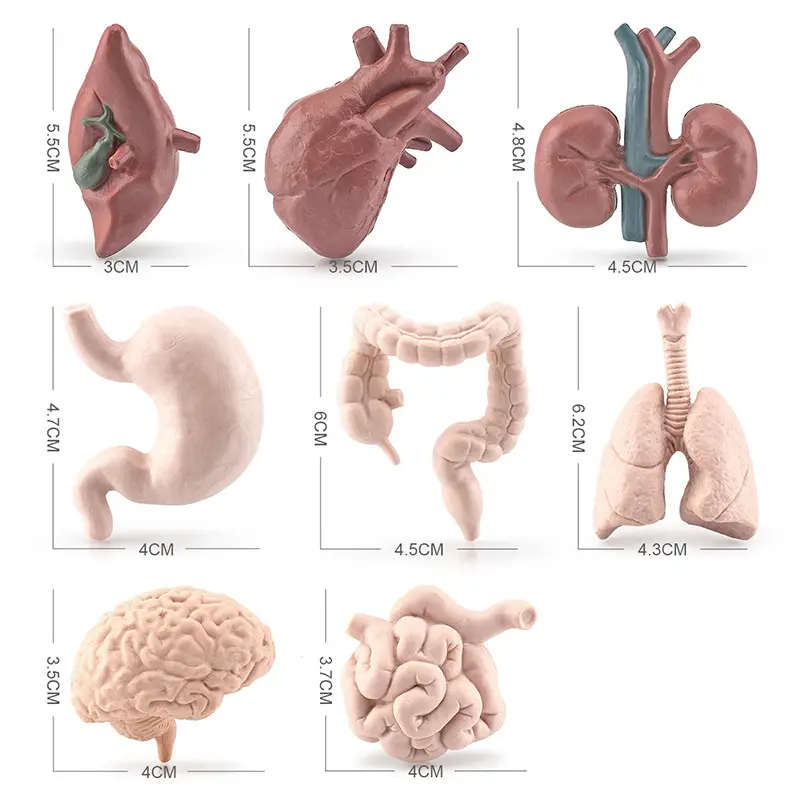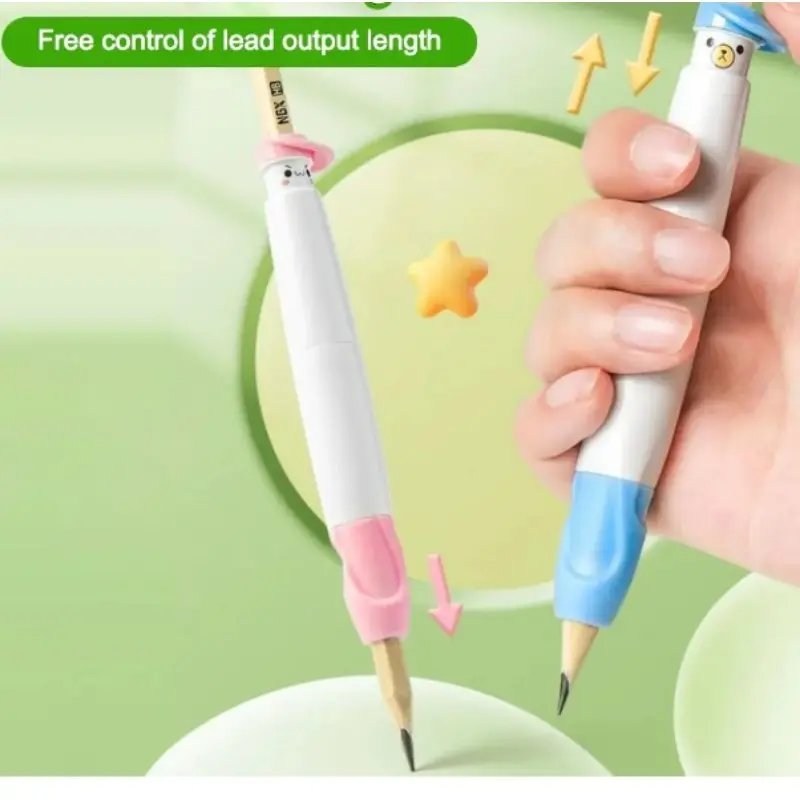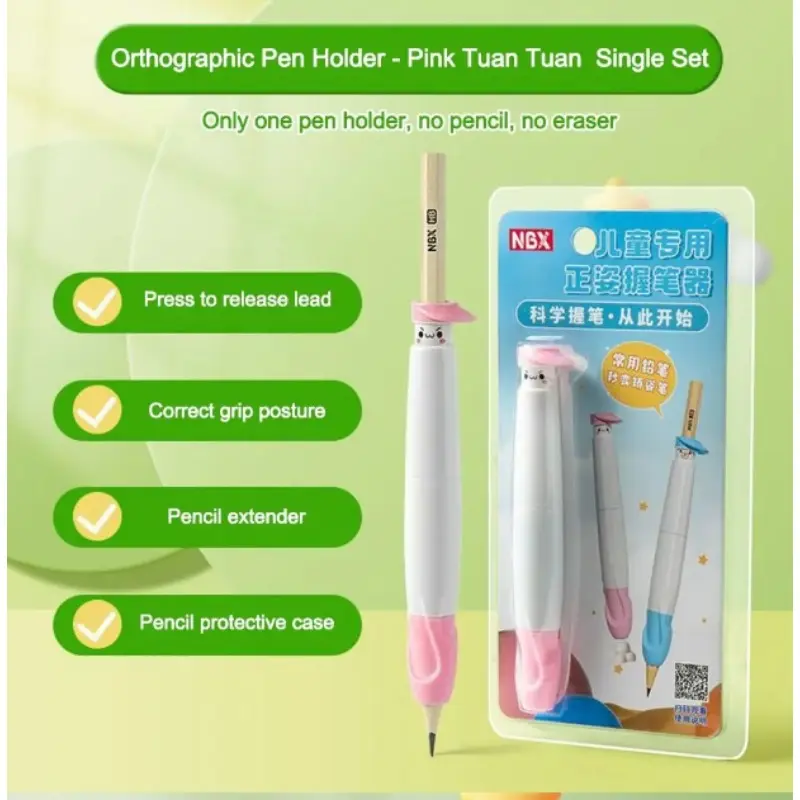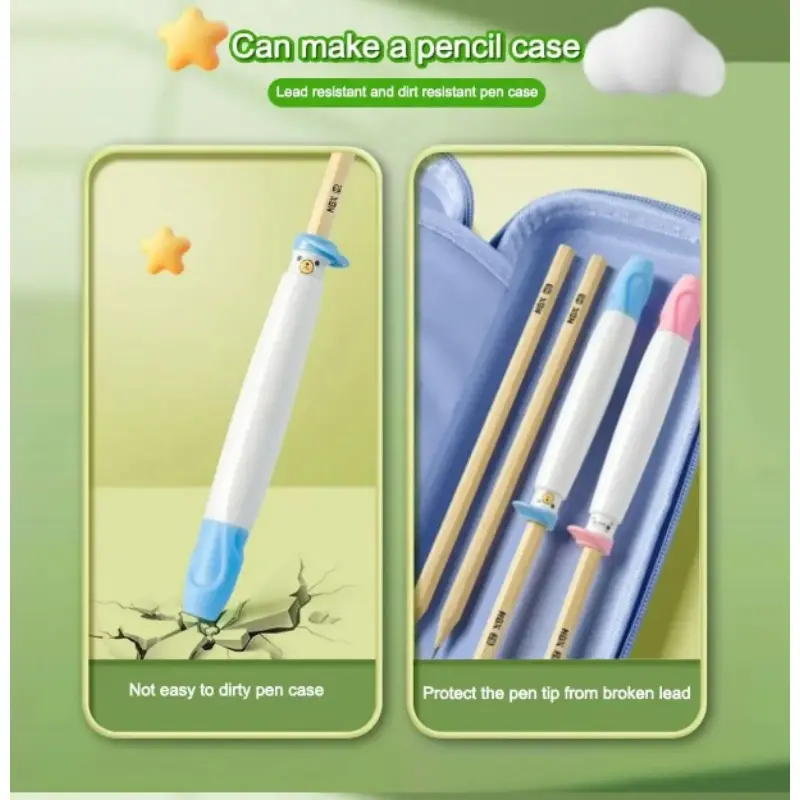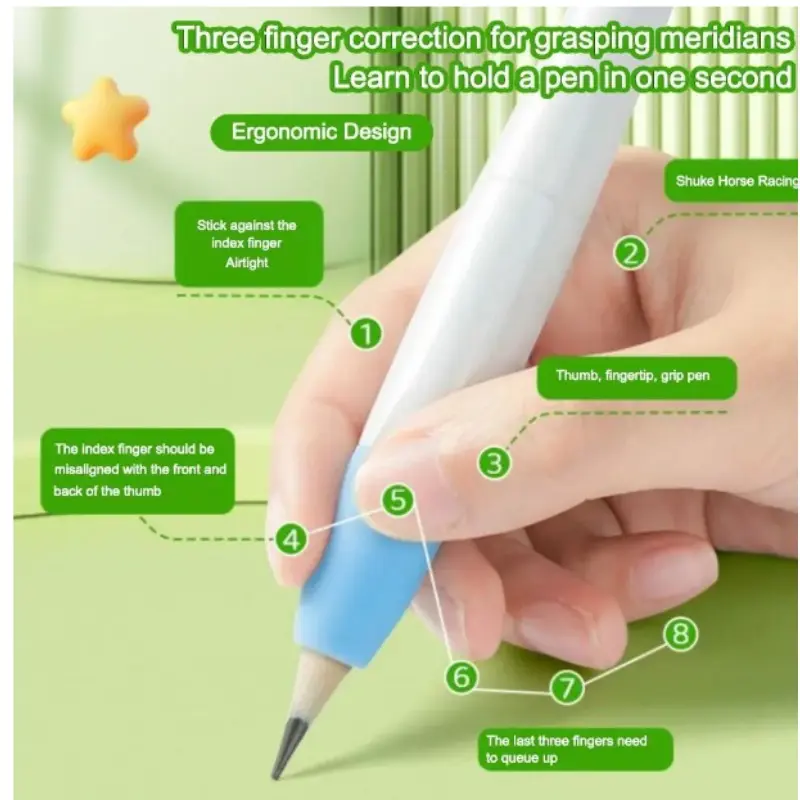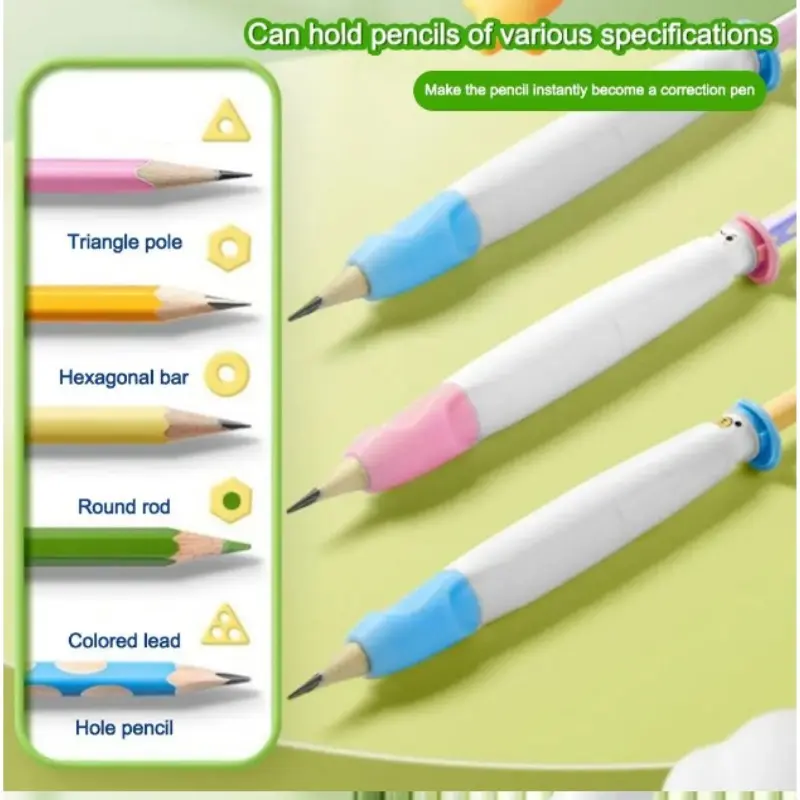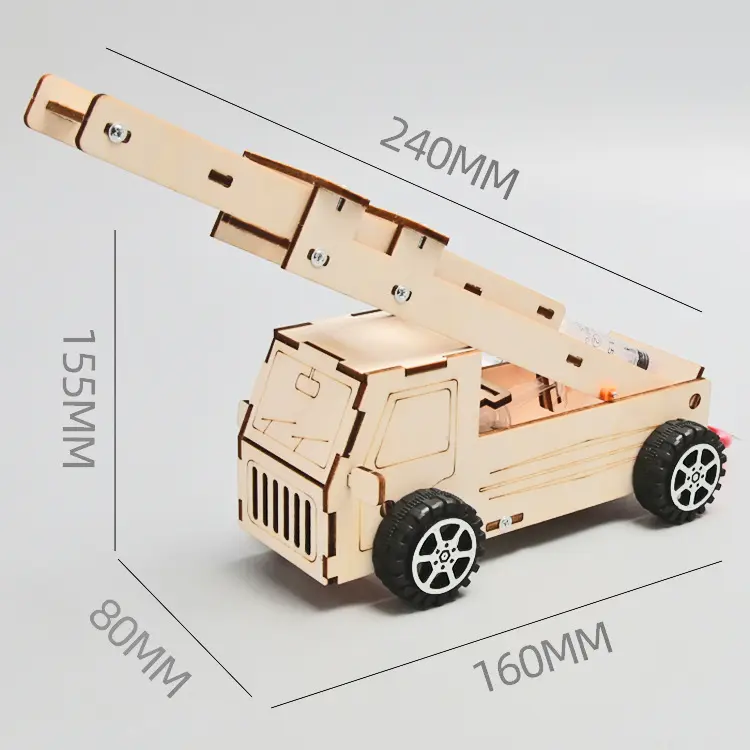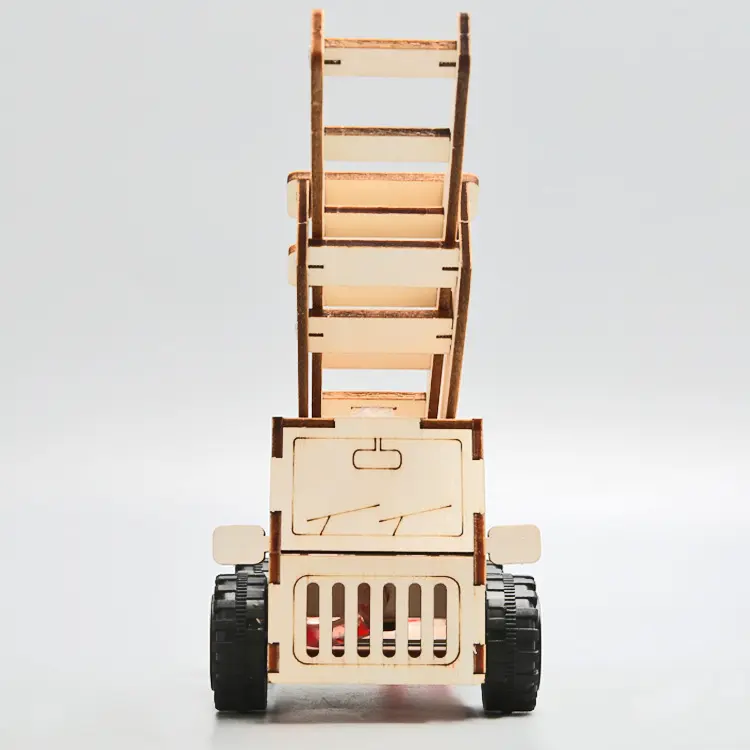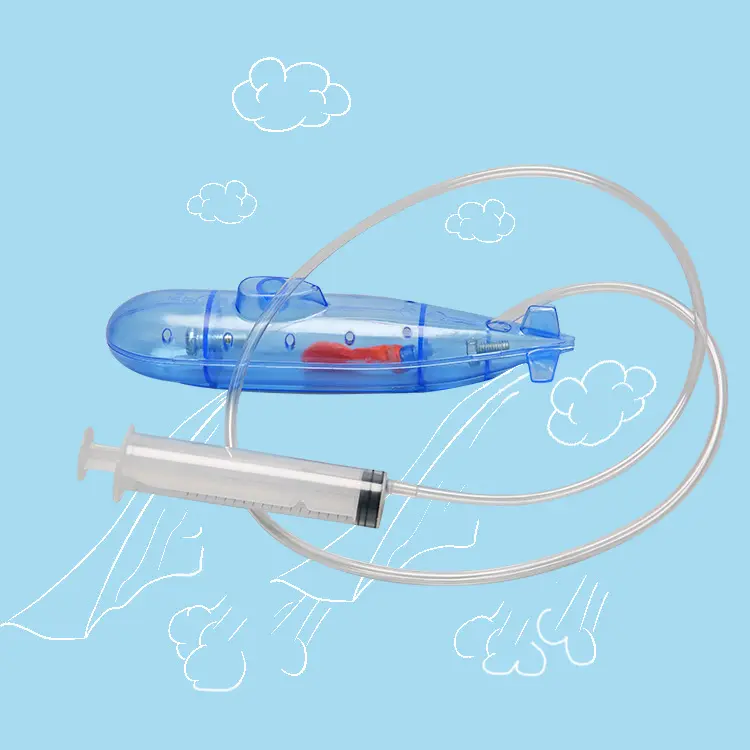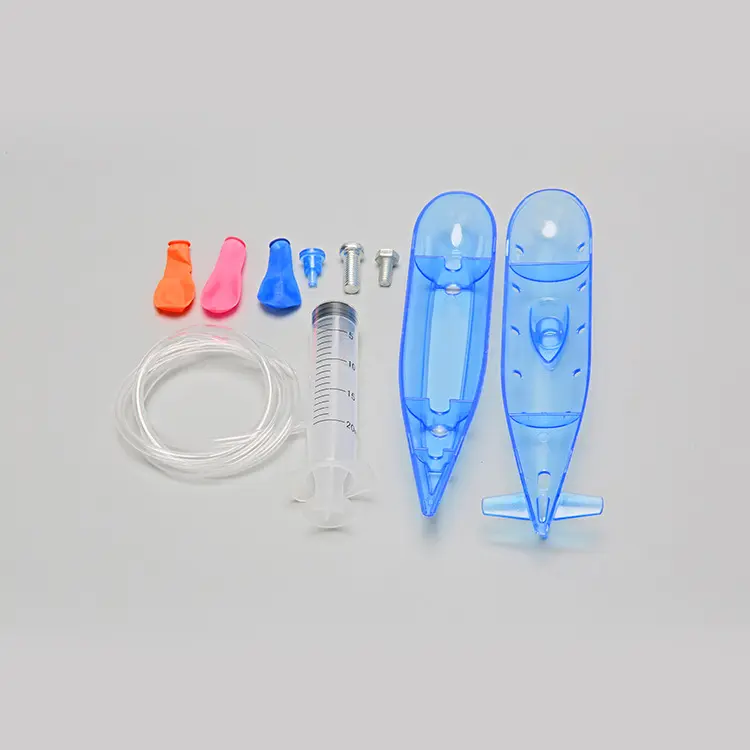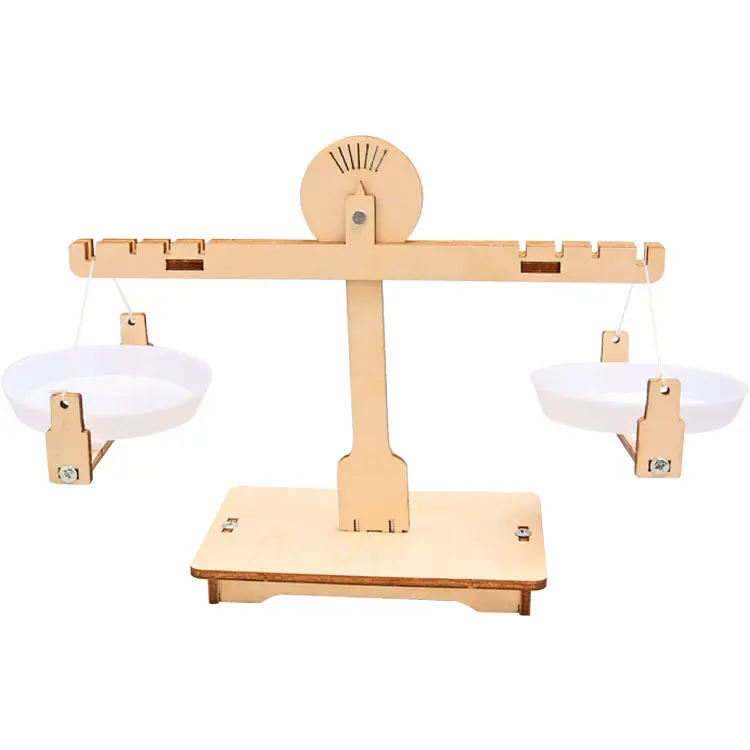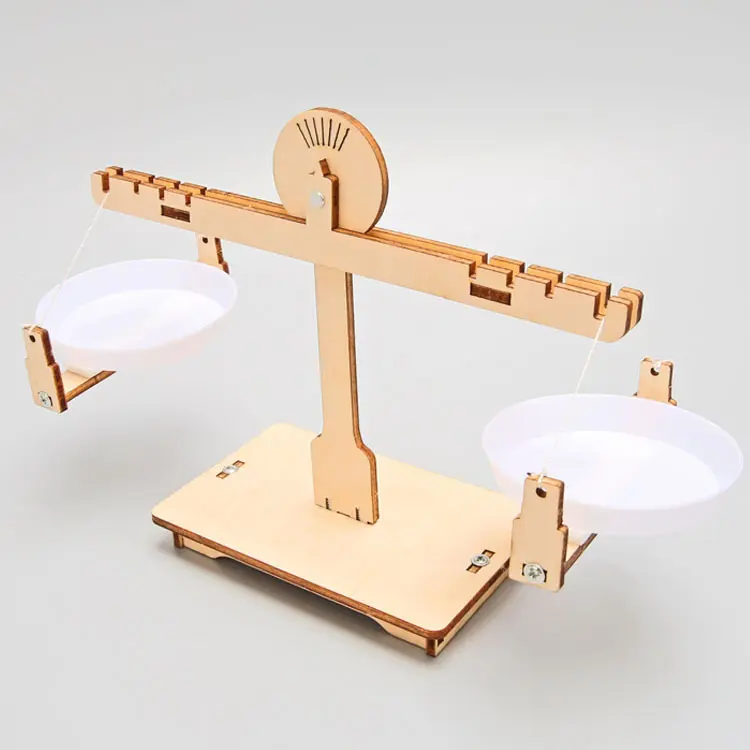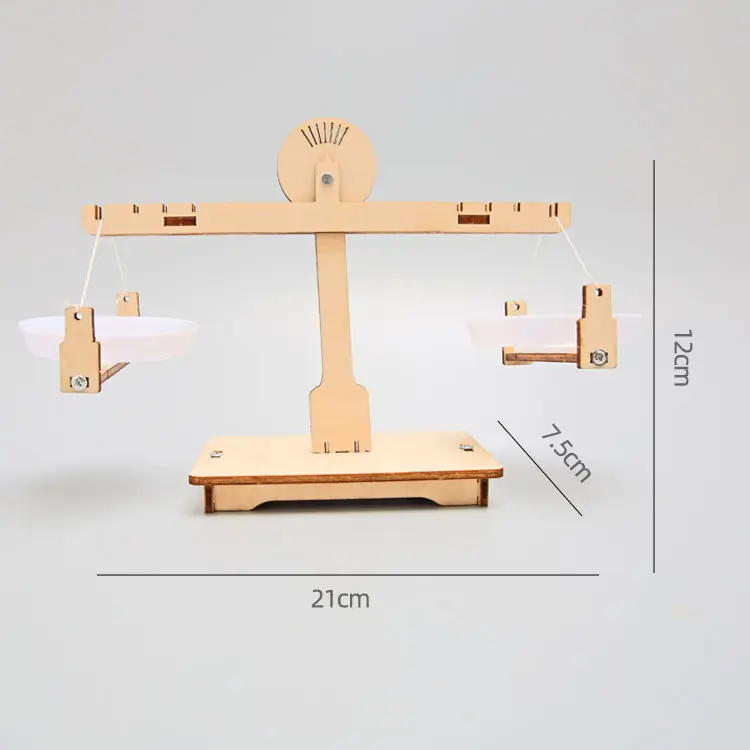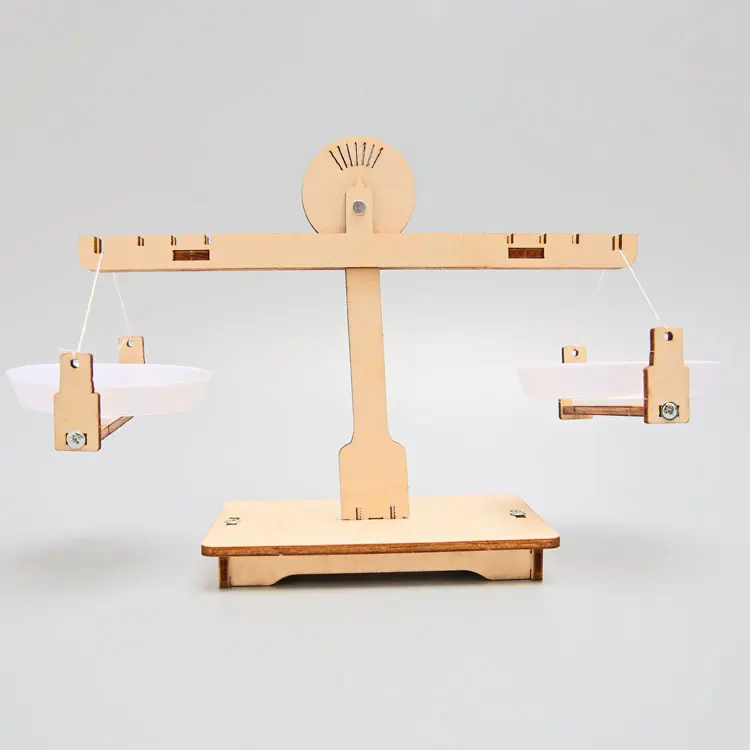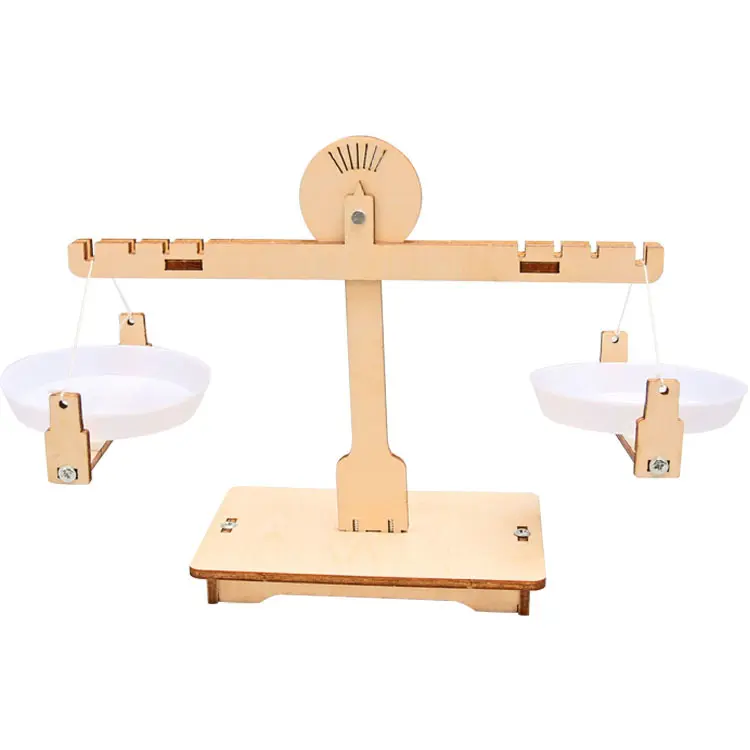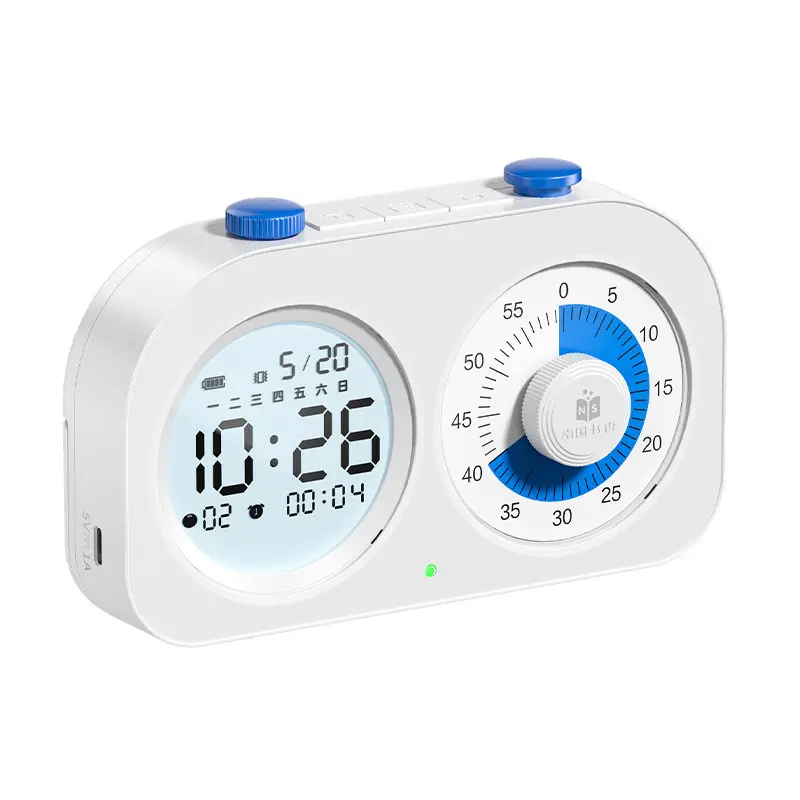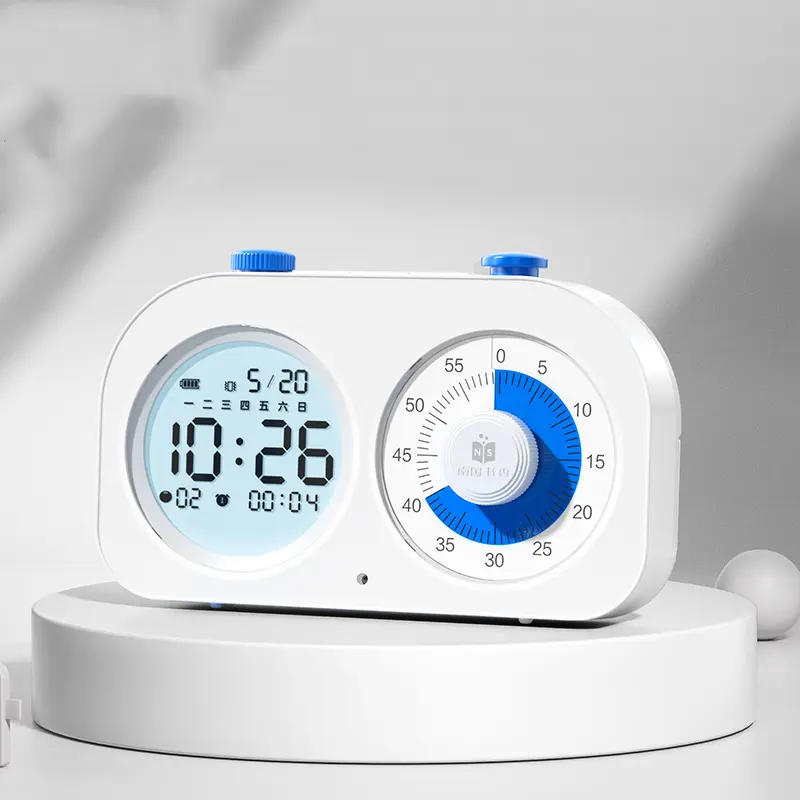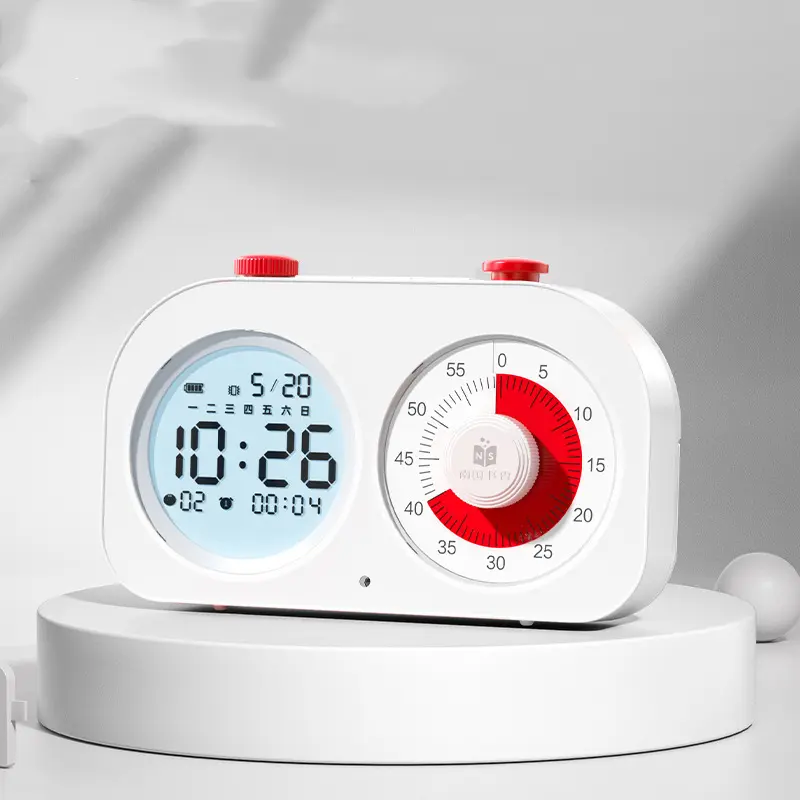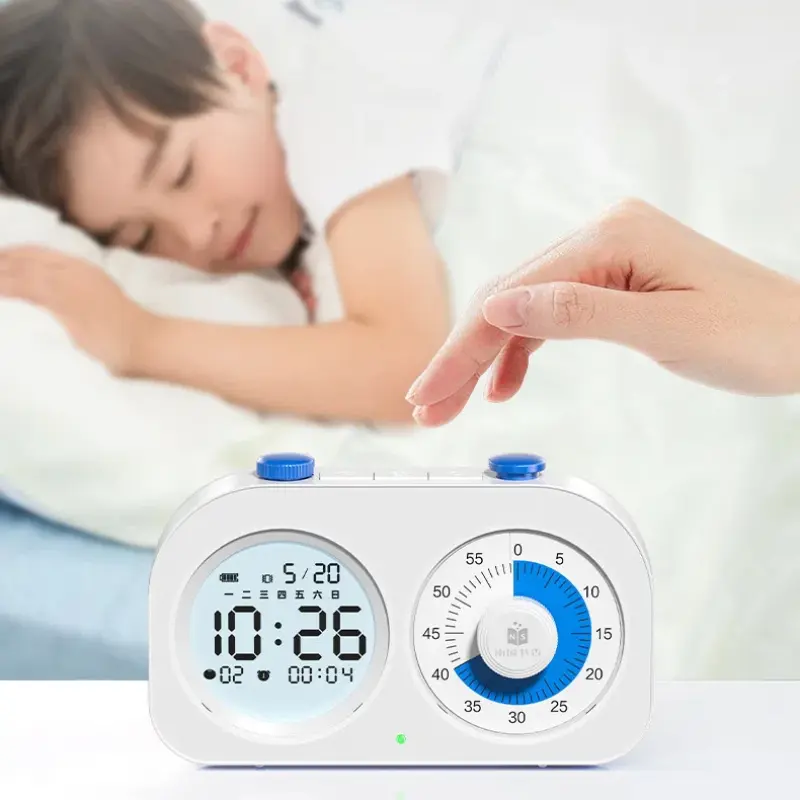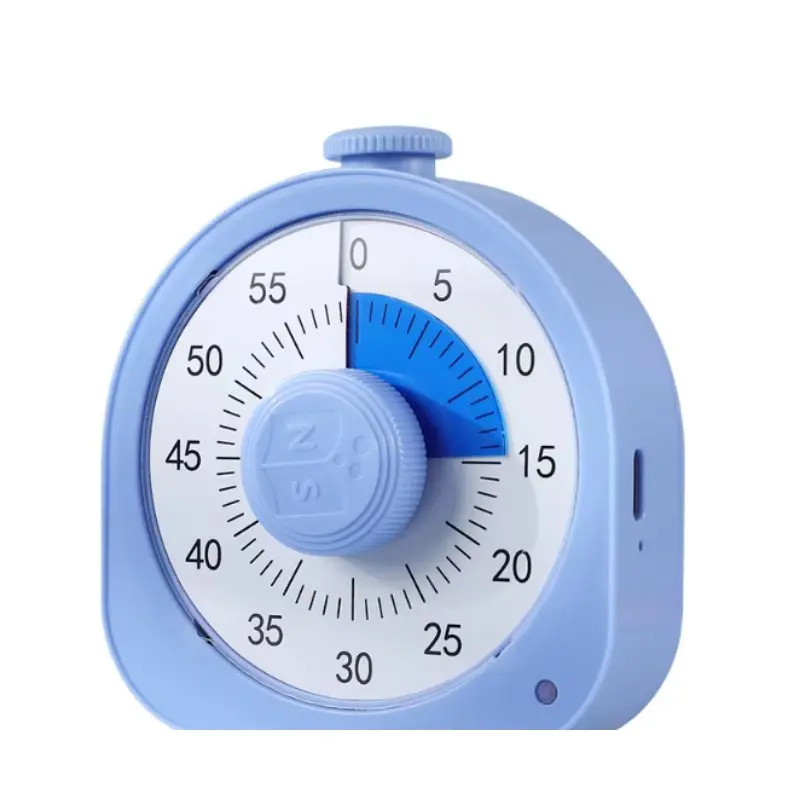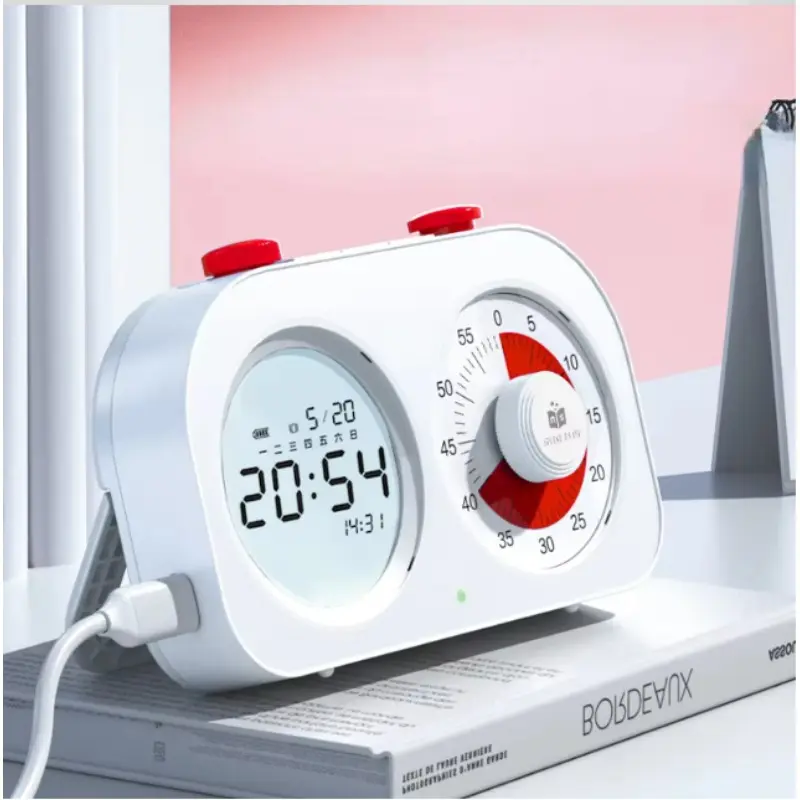Wooden Montessori Musical Instruments Baby Music Enlightenment Educational Toys Newborn Xylophone Suona Rattle Ringing Toy Gift
<br/><p><br/><br/></p><br/><p><div class="detailmodule_media"><div class="video-container-5000204288104"><div class="detail-video" id="5000204288104" data-previewurl="https://ae01.alicdn.com/kf/Sd6ff572c3292446f9a7406c0d1cd22a9q.jpg"></div></div></div></p><br/><p><br/></p><div class="detailmodule_text"><p style="font-family:OpenSans;font-size:14px;font-weight:300;line-height:20px;white-space:pre-wrap;color:rgb(0, 0, 0);margin-bottom:12px" class="detail-desc-decorate-content">Music Enlightenment: Musical instruments can stimulate babies' interest in music, cultivate their sense of music and rhythm, and lay the foundation for future music learning.<br/><br/>Promoting brain development: Music activities can stimulate multiple areas of the brain, including language, memory, and motor coordination, which can help with a baby's brain development.<br/><br/>Language proficiency improvement: Music and language share many common neural pathways in the brain, and musical activities can indirectly promote a baby's language development.<br/><br/>Emotional expression: Music is a way of expressing emotions, and babies can better understand and express their emotions through music.<br/><br/>Social skills: Music activities often require collaboration and sharing, which helps babies learn social skills such as rotation, sharing, and teamwork.<br/><br/>Creativity and Imagination: Music composition and improvisation can stimulate babies' creativity and imagination.<br/><br/>Hand eye coordination and fine motor skills: Playing musical instruments requires hand eye coordination and fine motor skills, which contribute to the development of a baby's body coordination and hand muscles.<br/><br/>Attention and concentration: Learning an instrument requires focused attention, which helps improve a baby's concentration.<br/><br/>Cultural identity and diversity: By being exposed to musical instruments from different cultures, babies can learn about different cultures and musical traditions, enhancing their sense of cultural identity.<br/><br/>Emotional regulation: Music can help babies regulate their emotions, relieve anxiety and stress.<br/><br/>Self expression: Music provides a way for babies to express their thoughts and feelings by playing musical instruments.<br/><br/>Building self-confidence: With the improvement of music skills, babies gain a sense of achievement in playing, which helps to build self-confidence.<br/><br/>Aesthetic education: The use of musical instruments can cultivate babies' aesthetic ability, appreciation, and ability to create beauty.<br/><br/>Parent child interaction: Music instruments can also serve as tools for parent-child interaction, enhancing emotional communication between parents and children.<br/><br/>The combination of education and entertainment: Music instruments combine education and entertainment, making learning fun and enhancing babies' interest in learning.<br/><br/>In summary, baby music instruments are not only tools for baby music education, but also important media for promoting the comprehensive development of babies.</p></div><div class="detailmodule_image"></div><p><br/></p><p><br/></p><br/>
$22.85
$9.365
- Category : Toys & Hobbies
- Brand : bopoobo_official_store bopoobo Official Store
Colors
Sizes
-
+
<br/><p><br/><br/></p><br/><p><div class="detailmodule_media"><div class="video-container-5000204288104"><div class="detail-video" id="5000204288104" data-previewurl="https://ae01.alicdn.com/kf/Sd6ff572c3292446f9a7406c0d1cd22a9q.jpg"></div></div></div></p><br/><p><br/></p><div class="detailmodule_text"><p style="font-family:OpenSans;font-size:14px;font-weight:300;line-height:20px;white-space:pre-wrap;color:rgb(0, 0, 0);margin-bottom:12px" class="detail-desc-decorate-content">Music Enlightenment: Musical instruments can stimulate babies' interest in music, cultivate their sense of music and rhythm, and lay the foundation for future music learning.<br/><br/>Promoting brain development: Music activities can stimulate multiple areas of the brain, including language, memory, and motor coordination, which can help with a baby's brain development.<br/><br/>Language proficiency improvement: Music and language share many common neural pathways in the brain, and musical activities can indirectly promote a baby's language development.<br/><br/>Emotional expression: Music is a way of expressing emotions, and babies can better understand and express their emotions through music.<br/><br/>Social skills: Music activities often require collaboration and sharing, which helps babies learn social skills such as rotation, sharing, and teamwork.<br/><br/>Creativity and Imagination: Music composition and improvisation can stimulate babies' creativity and imagination.<br/><br/>Hand eye coordination and fine motor skills: Playing musical instruments requires hand eye coordination and fine motor skills, which contribute to the development of a baby's body coordination and hand muscles.<br/><br/>Attention and concentration: Learning an instrument requires focused attention, which helps improve a baby's concentration.<br/><br/>Cultural identity and diversity: By being exposed to musical instruments from different cultures, babies can learn about different cultures and musical traditions, enhancing their sense of cultural identity.<br/><br/>Emotional regulation: Music can help babies regulate their emotions, relieve anxiety and stress.<br/><br/>Self expression: Music provides a way for babies to express their thoughts and feelings by playing musical instruments.<br/><br/>Building self-confidence: With the improvement of music skills, babies gain a sense of achievement in playing, which helps to build self-confidence.<br/><br/>Aesthetic education: The use of musical instruments can cultivate babies' aesthetic ability, appreciation, and ability to create beauty.<br/><br/>Parent child interaction: Music instruments can also serve as tools for parent-child interaction, enhancing emotional communication between parents and children.<br/><br/>The combination of education and entertainment: Music instruments combine education and entertainment, making learning fun and enhancing babies' interest in learning.<br/><br/>In summary, baby music instruments are not only tools for baby music education, but also important media for promoting the comprehensive development of babies.</p></div><div class="detailmodule_image"></div><p><br/></p><p><br/></p><br/>
Related Product
Browse The Collection of Top Products.
